Dedicated server hosting, providers represent the backbone of modern website infrastructure. Each option caters to different levels of performance, scalability, and control depending on a website’s purpose and traffic volume.
When users decide to buy domain and hosting, they are essentially establishing the foundation for their online identity. A domain name acts as a digital address, while hosting serves as the storage and delivery mechanism for website data. Selecting the right combination ensures seamless performance, enhanced security, and reliable uptime.
“Buying your domain and hosting is the first small act of faith in your idea protect it, choose wisely, and let it grow.”
Why buy a domain and hosting?
When you buy domain and hosting, you’re not just reserving a web address or renting server space. You’re staking a claim on the internet for your name, brand, or project. A domain is the memorable address visitors type in; hosting is the home where your website files live. Together they make your site discoverable, reliable, and under your control. For small businesses, bloggers, and creators, this pairing is the starting line for credibility and growth.
How to choose a domain name
Pick a name that’s short, easy to spell, and meaningful. Avoid hyphens and long, confusing phrases. If your ideal .com is taken, try country TLDs (.in, .co) or creative new TLDs (.online, .store). Think long-term you might rebrand later, so choose a name that can grow with you. Finally, check social handles to keep brand cohesion.
Hosting options explained
Hosting comes in many flavors. This quick comparison table will help you visualize the differences. (The table border is intentionally inline-styled so it stays visible in CKEditor and after publishing.)
| Hosting Type | Best for | Pros | Cons |
|---|---|---|---|
| Shared Hosting | Beginners, blogs, small business | Very affordable, easy setup | Limited resources, noisy neighbors |
| VPS Hosting | Growing sites needing more control | Isolated resources, scalable | Requires some server knowledge |
| Cloud Hosting (Cloud hosting services) | Apps with variable traffic | Elastic scaling, pay-as-you-go | Can be complex; cost management needed |
| Dedicated server (Dedicated server hosting) | Large businesses, high-performance sites | Full control, predictable performance | Higher cost, full management often required |
| Managed WordPress / Platform Hosting | Non-technical site owners using WP | Hands-off maintenance and security | Less server-level control |
Linux hosting plans vs Windows hosting provider which to pick?
Most websites run happily on Linux because of its stability, price, and compatibility with open-source stacks (LAMP: Linux, Apache, MySQL, PHP). When you review Linux hosting plans, look for easy one-click installers (WordPress, Joomla), SSH access, and strong backups.
Choose a Windows hosting provider when you need Microsoft technologies (.NET, MSSQL) or specific Windows-only applications. Windows hosting used to be pricier, but it’s the correct choice if your application demands it. For general websites and e-commerce stores, Linux hosting plans often offer better value.
When to choose Dedicated server hosting or Cloud hosting services
If you expect consistent, heavy traffic or run resource-hungry applications (large databases, video streaming), Dedicated server hosting gives you the hardware and guaranteed performance. It’s best for enterprises and high-traffic e-commerce. On the other hand, Cloud hosting services shine when traffic is unpredictable or you prefer to scale resources up and down. Startups love cloud for cost efficiency and development speed.
Think of it like this: a dedicated server is a fully reserved car for your trip reliable and yours alone. Cloud hosting is a fleet of cars that can add more vehicles when your team grows.
Quick setup checklist buying domain and hosting without the headache
- Reserve your domain: Use a trustworthy registrar; enable WHOIS privacy if you want your details hidden.
- Pick hosting based on needs: Start with shared or managed hosting; upgrade to VPS, cloud, or dedicated as you grow.
- Match OS to app: Choose Linux hosting plans for PHP/MySQL sites, choose a Windows hosting provider for .NET apps.
- Look for SSL and backups: Free SSL (Let's Encrypt) and automated daily backups are worth extra consideration.
- Check control panel and support: cPanel or a modern control panel plus responsive support make life easier.
- Monitor renewal costs: Intro pricing is often lower always check renewal rates.
Real-world scenarios match your choice to your project
Launching a personal blog? Buy a domain and a basic shared hosting plan and focus on writing. Building an online store with increasing traffic? Start with a cloud plan for scale or a managed e-commerce hosting. Running internal enterprise apps? A Windows hosting provider or a dedicated server might be necessary. If you’re experimenting, cost-effective Linux hosting plans or small cloud instances allow you to learn without heavy upfront investment.
Conclusion
When you buy domain and hosting, balance budget with future needs. For most users: start simple (Linux hosting plans are great value), enable strong backups and SSL, and choose a host with helpful support. If you expect high traffic or need full control, evaluate Dedicated server hosting or robust Cloud hosting services. And if your code needs Microsoft tech, pick a reputable Windows hosting provider.
Frequently Asked Questions (FAQs)
1. What is the difference between a domain and hosting?
A domain is the unique web address (like yourwebsite.com) that users type in to visit your site. Hosting, on the other hand, is the server space that stores and delivers your website’s files and data to visitors.
2. Why should I buy domain and hosting from the same provider?
Purchasing both from a single provider simplifies setup, ensures better compatibility, and makes customer support easier to manage. It also helps link your domain to your hosting faster.
3. Which hosting type should I choose Linux or Windows?
Choose Linux hosting plans for websites using PHP, MySQL, or WordPress. Opt for a Windows hosting provider if your applications rely on Microsoft technologies like ASP.NET or MSSQL.
4. What are the advantages of cloud hosting services?
Cloud hosting services provide scalability, reliability, and cost efficiency. Resources can be adjusted based on traffic demand, ensuring optimal performance even during peak usage.
5. When is dedicated server hosting recommended?
Dedicated server hosting is ideal for large businesses, e-commerce websites, or organizations requiring full control, high processing power, and top-level security for their data and operations.



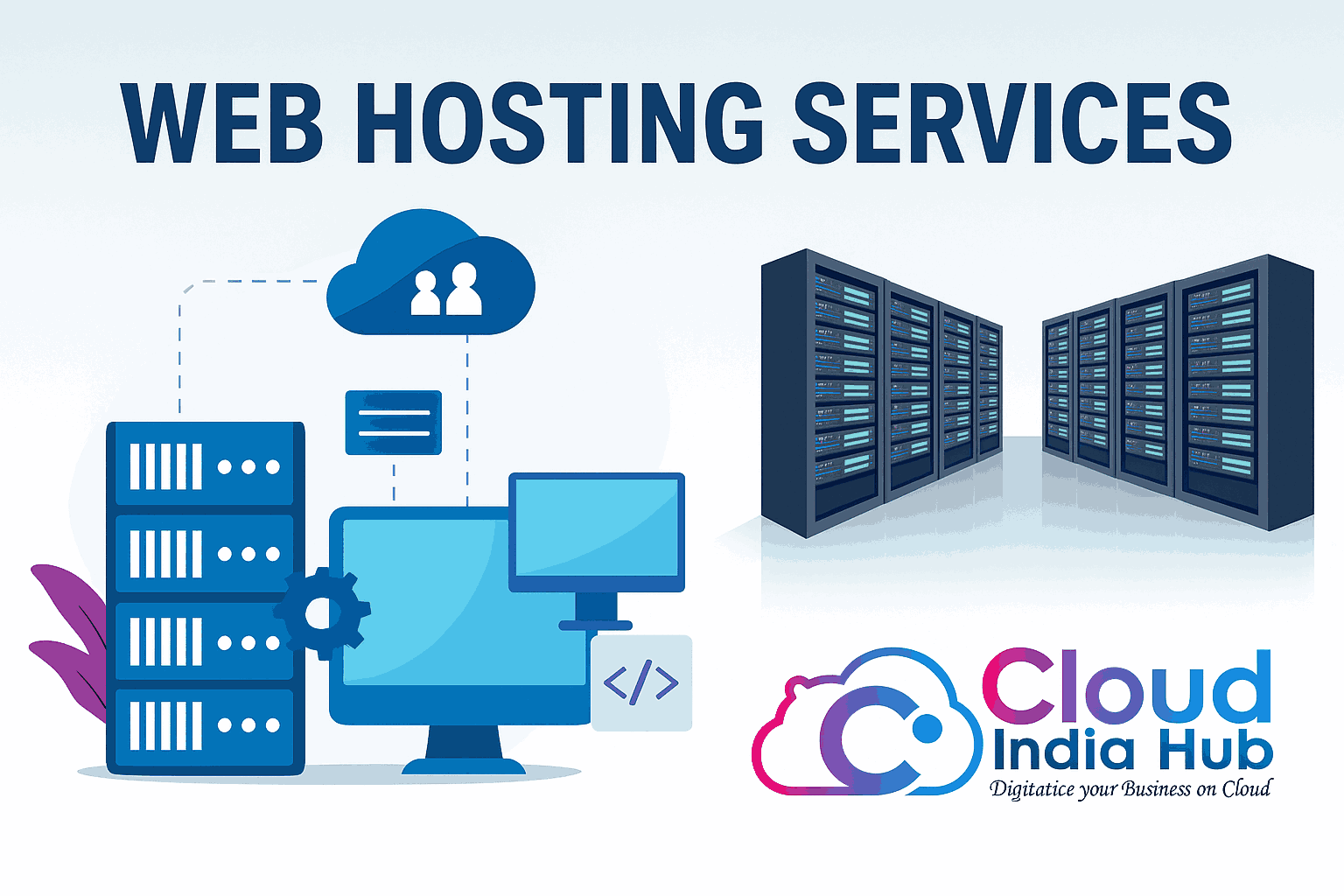
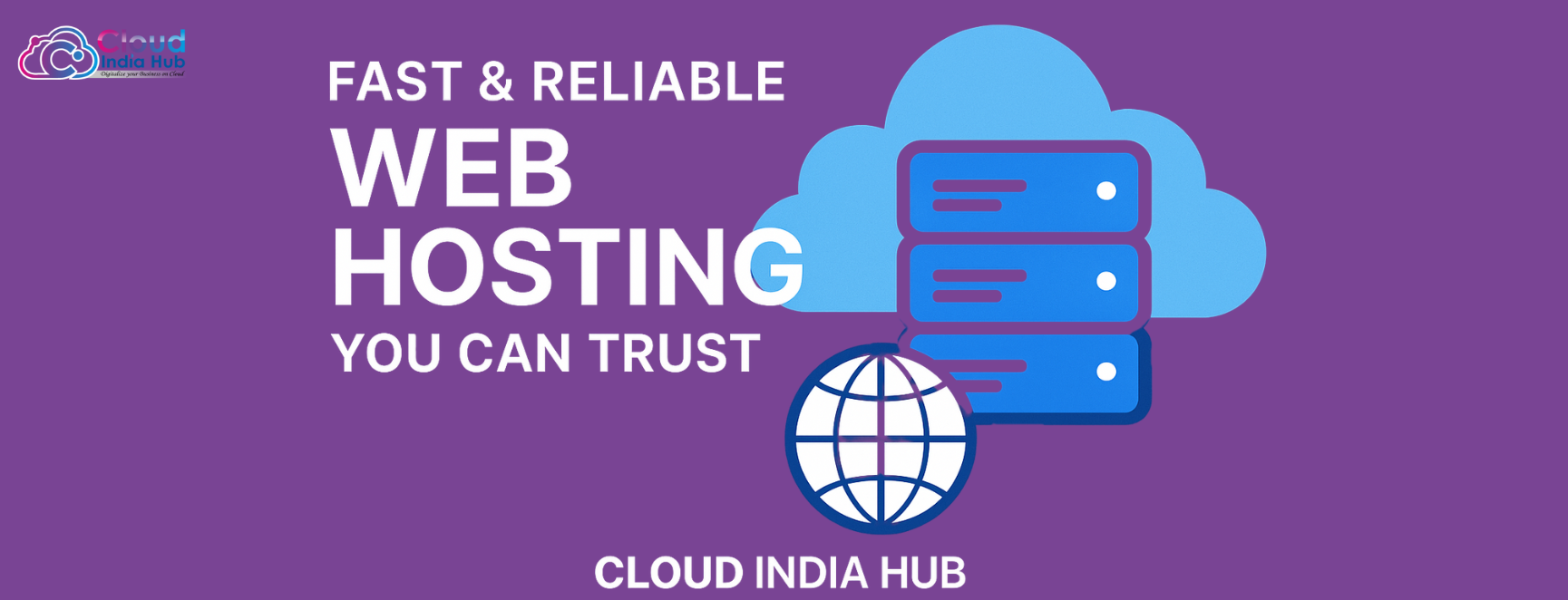



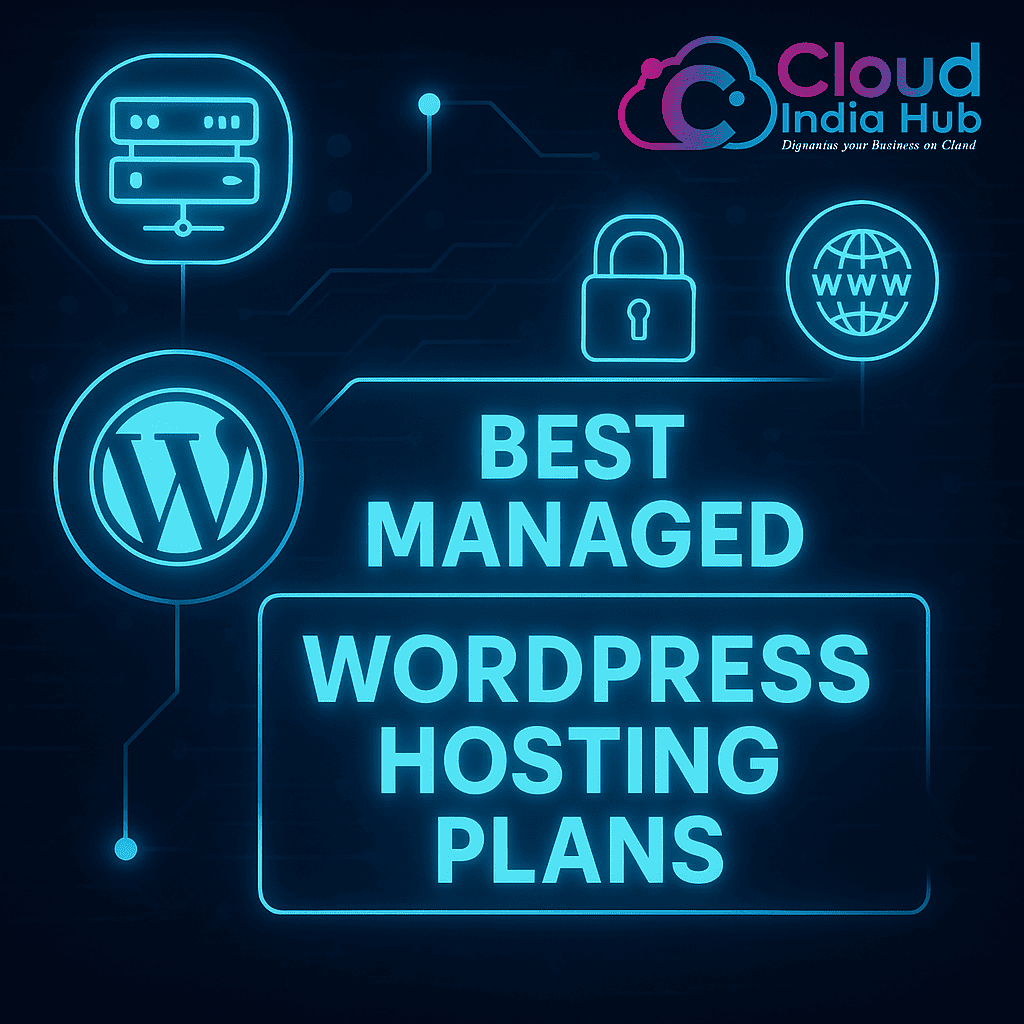




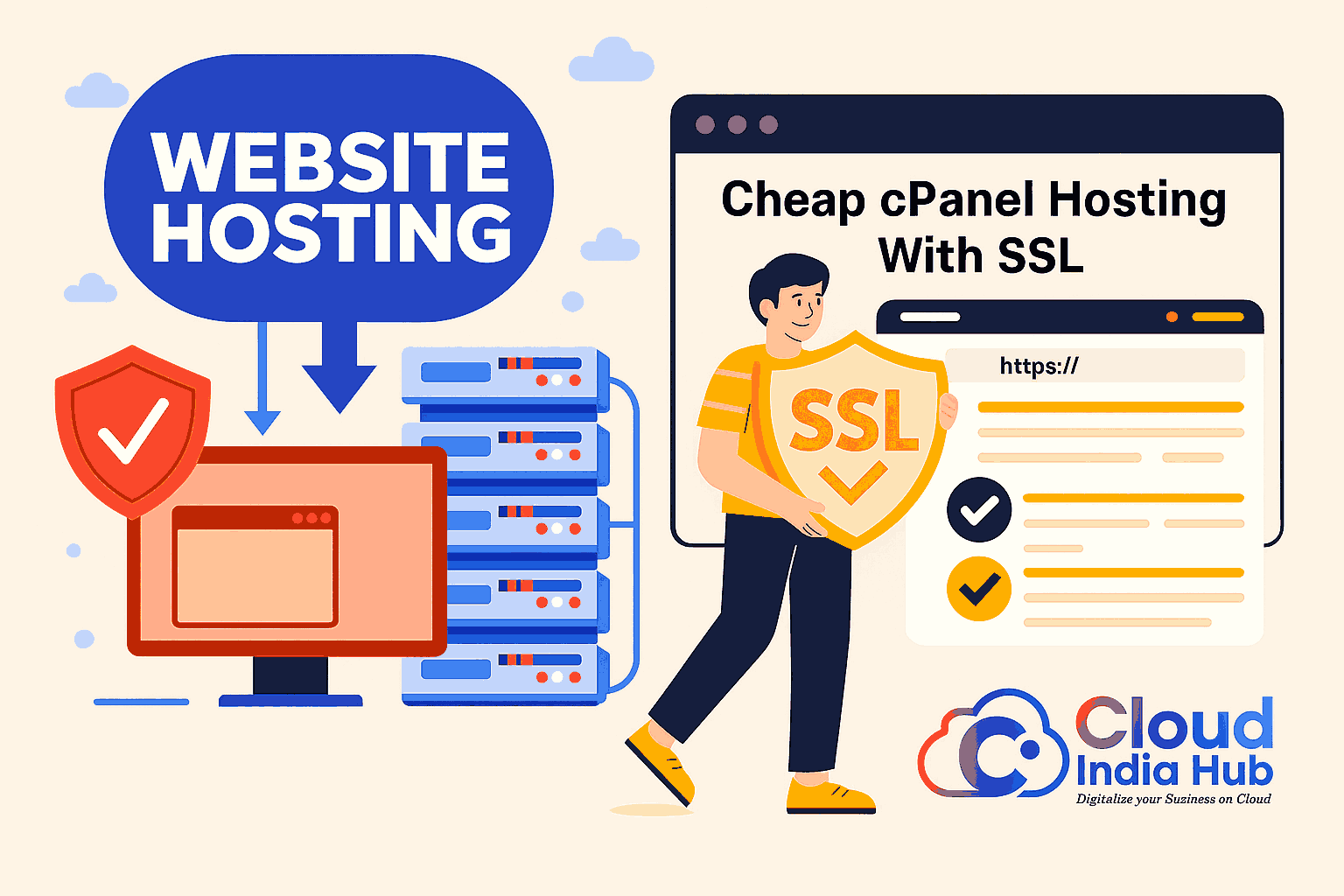



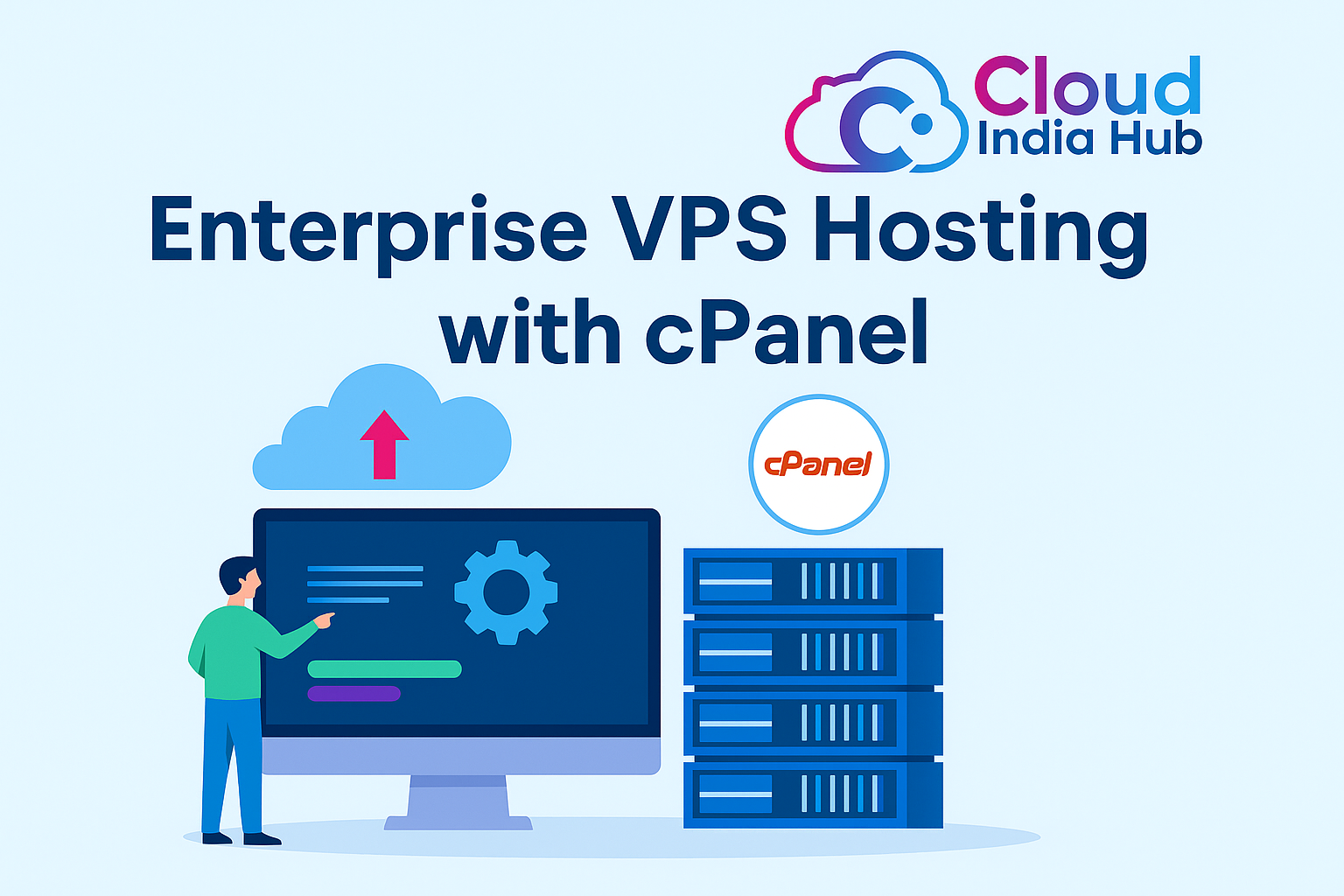
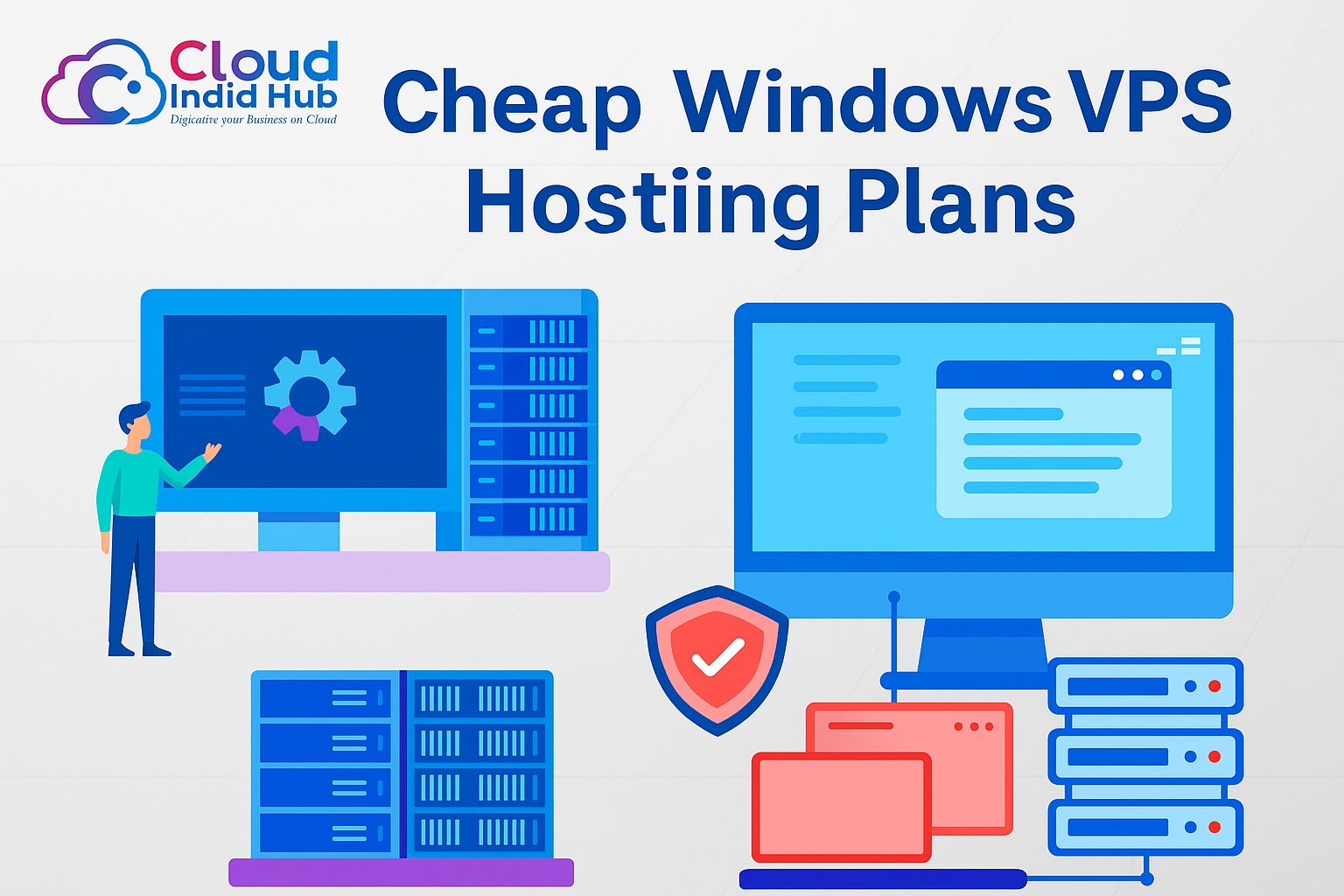
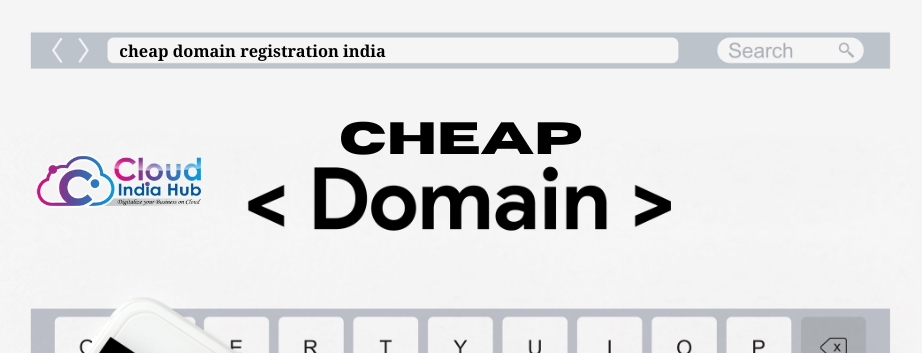

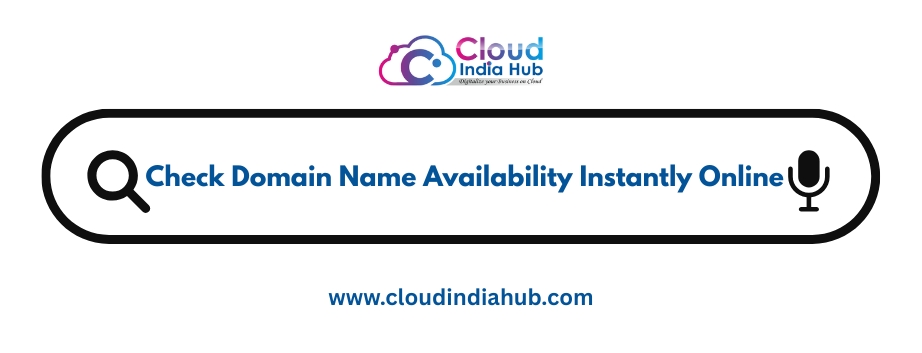
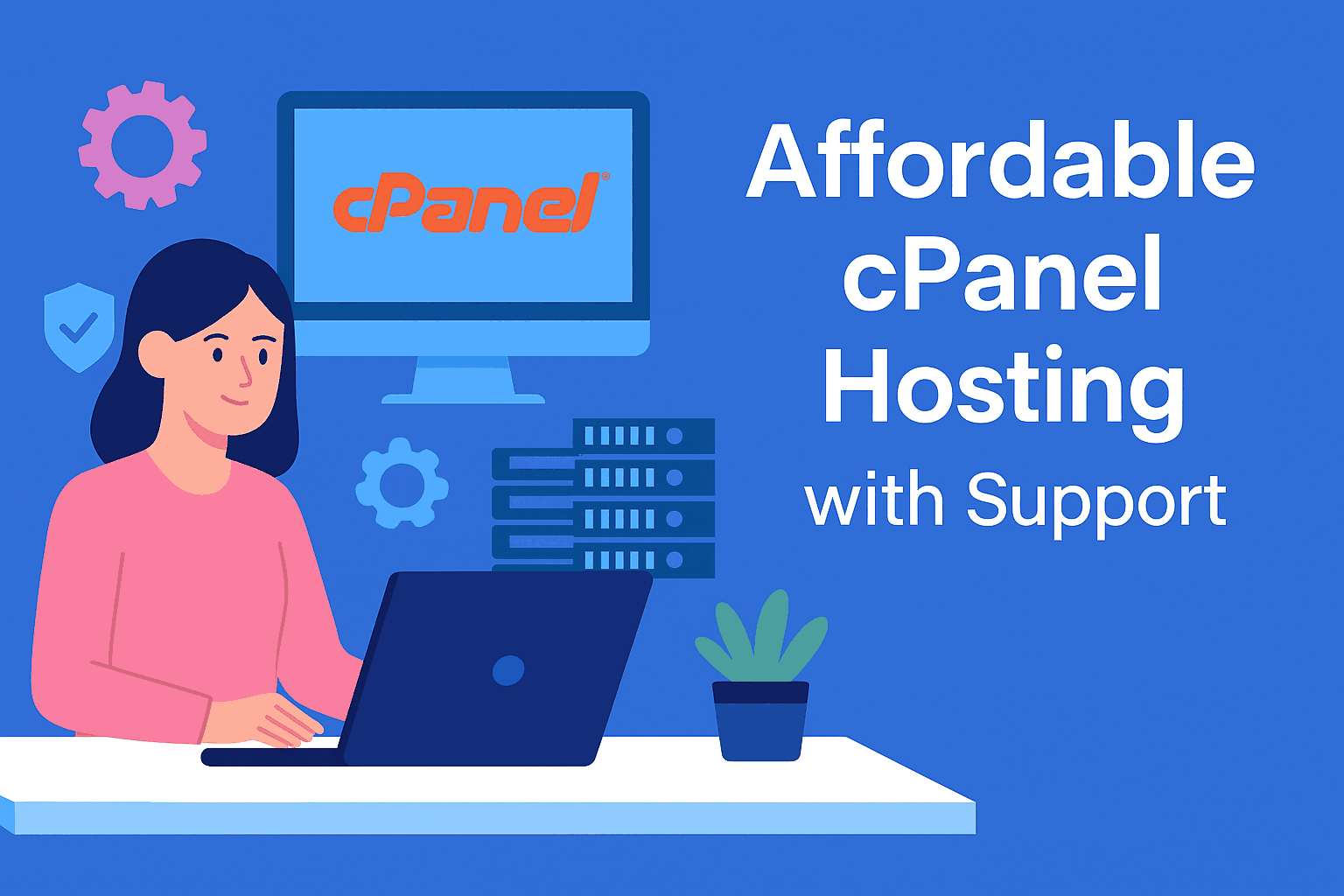

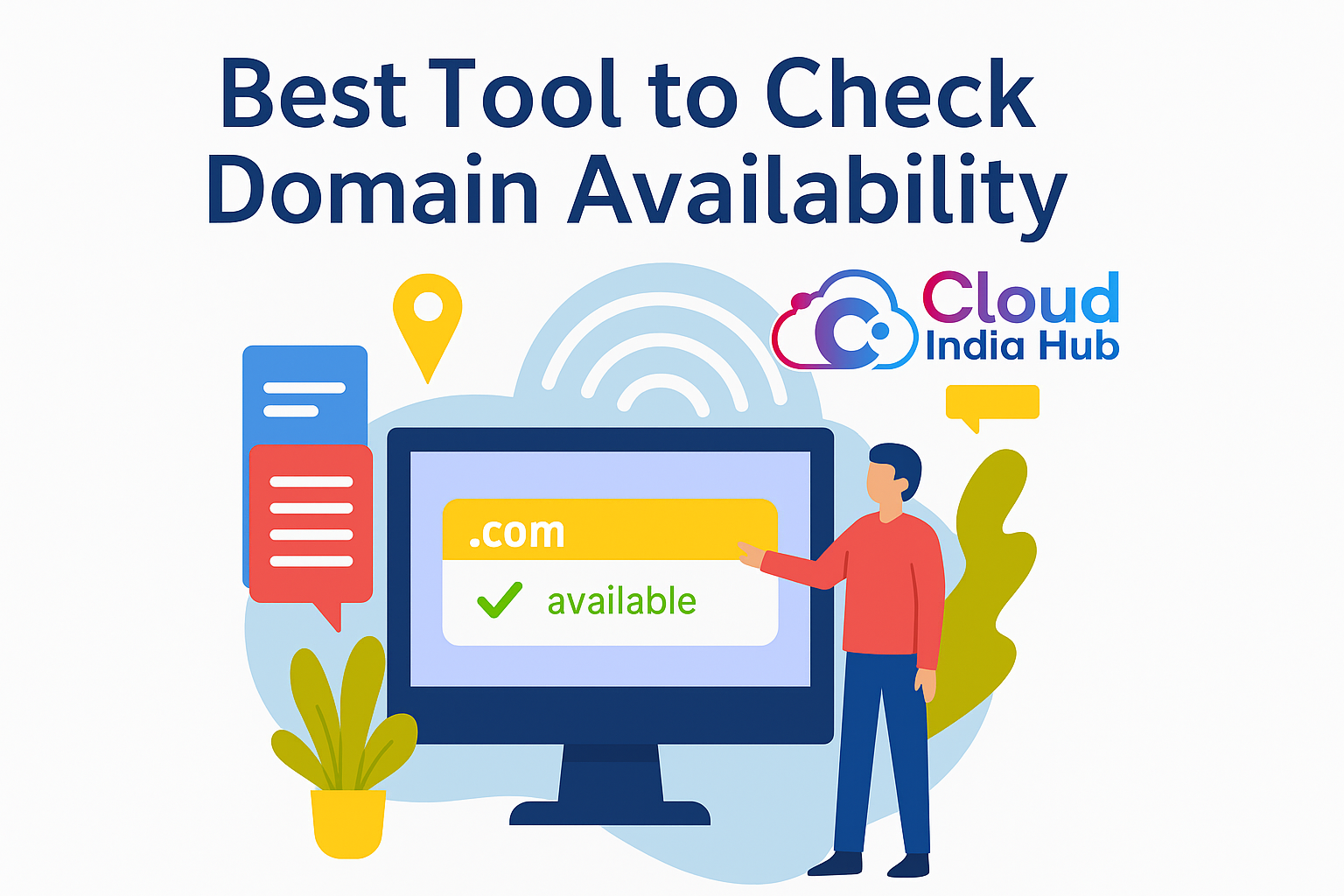



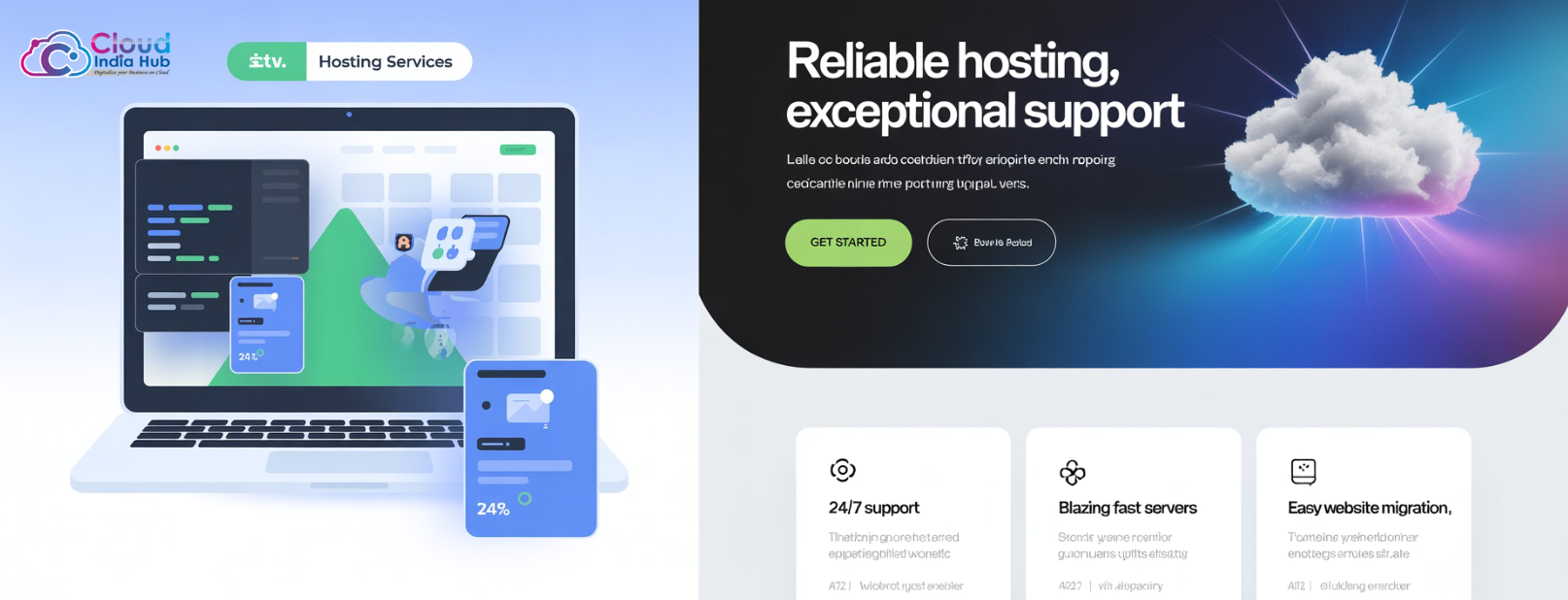

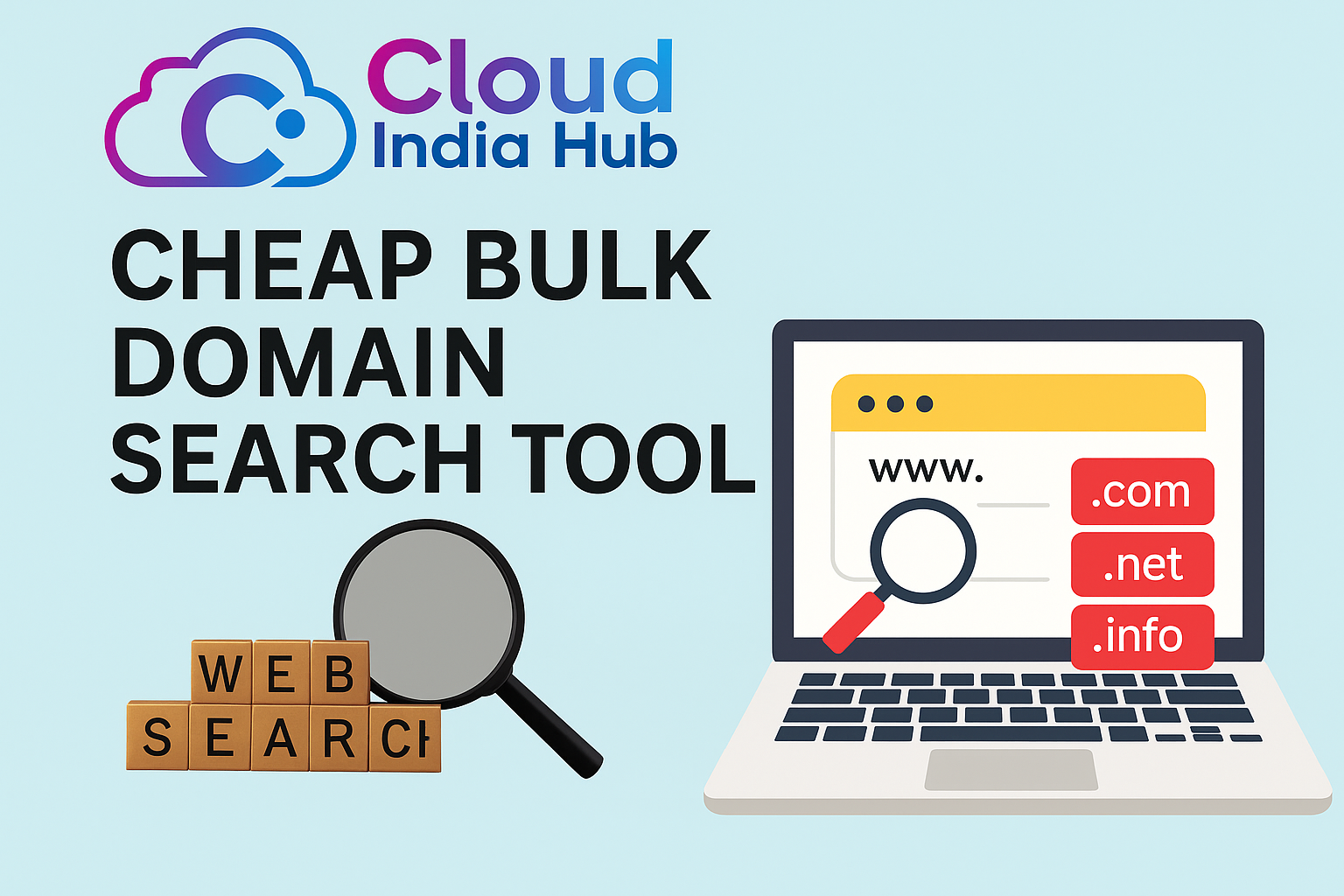













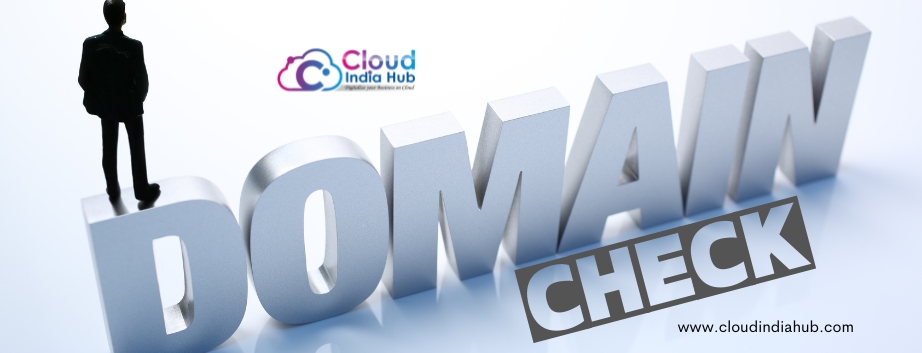



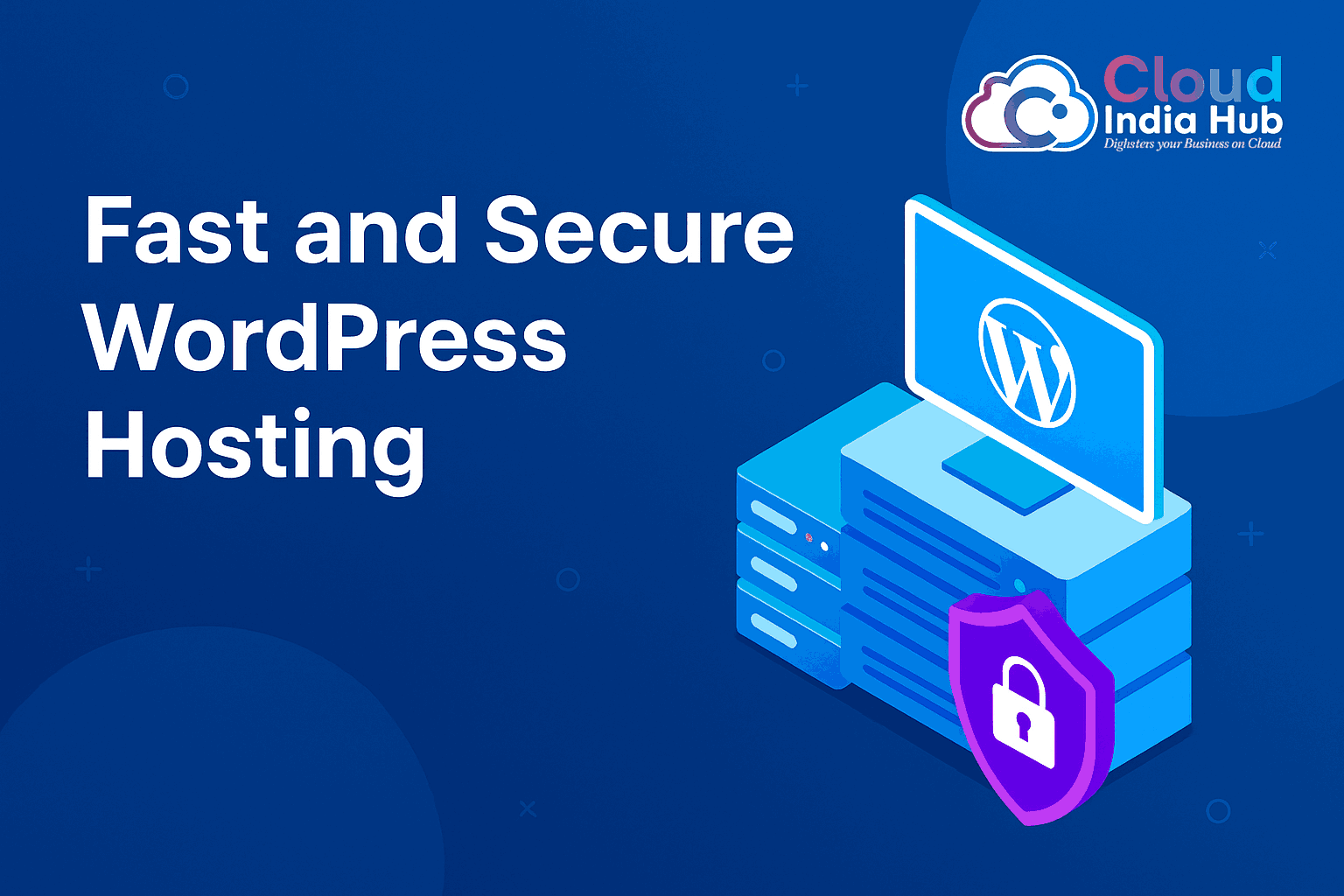

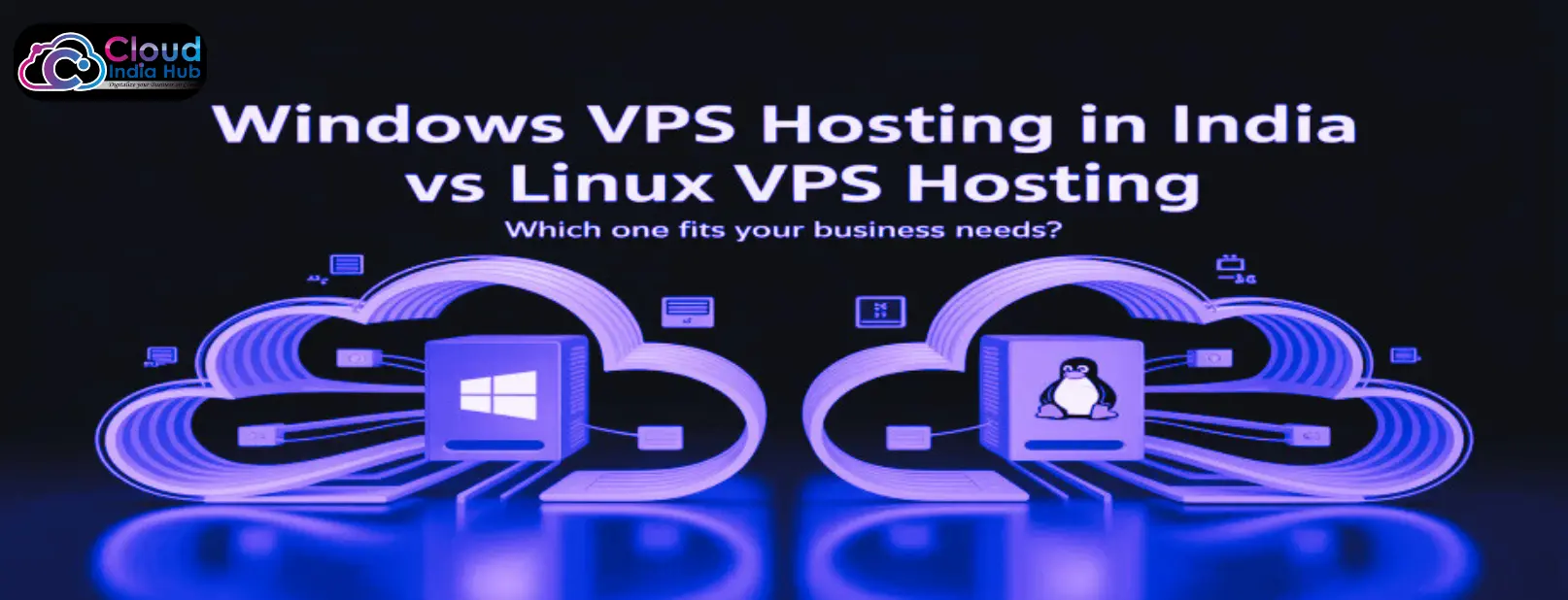
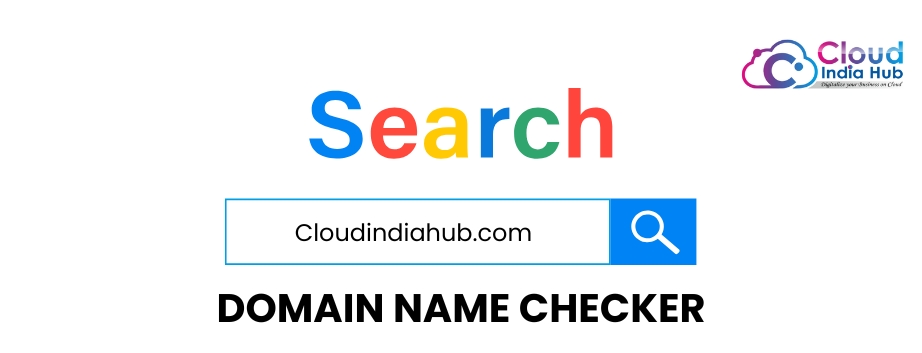


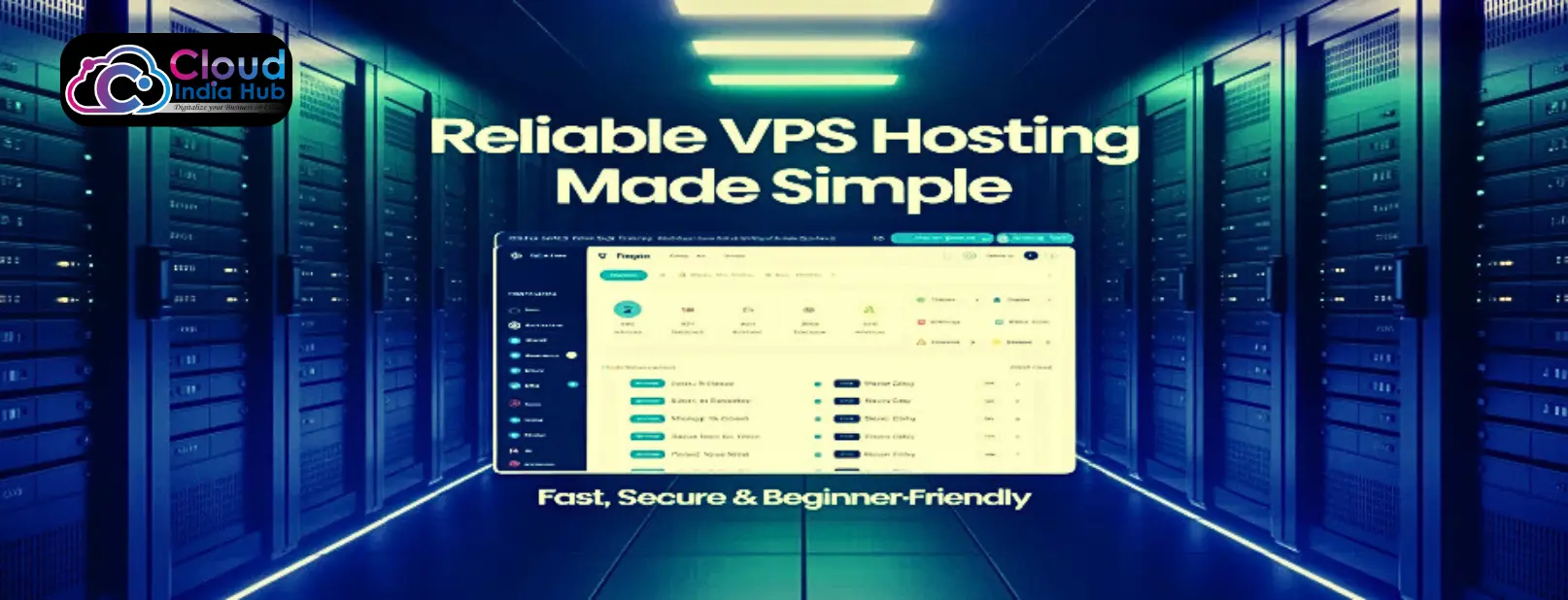


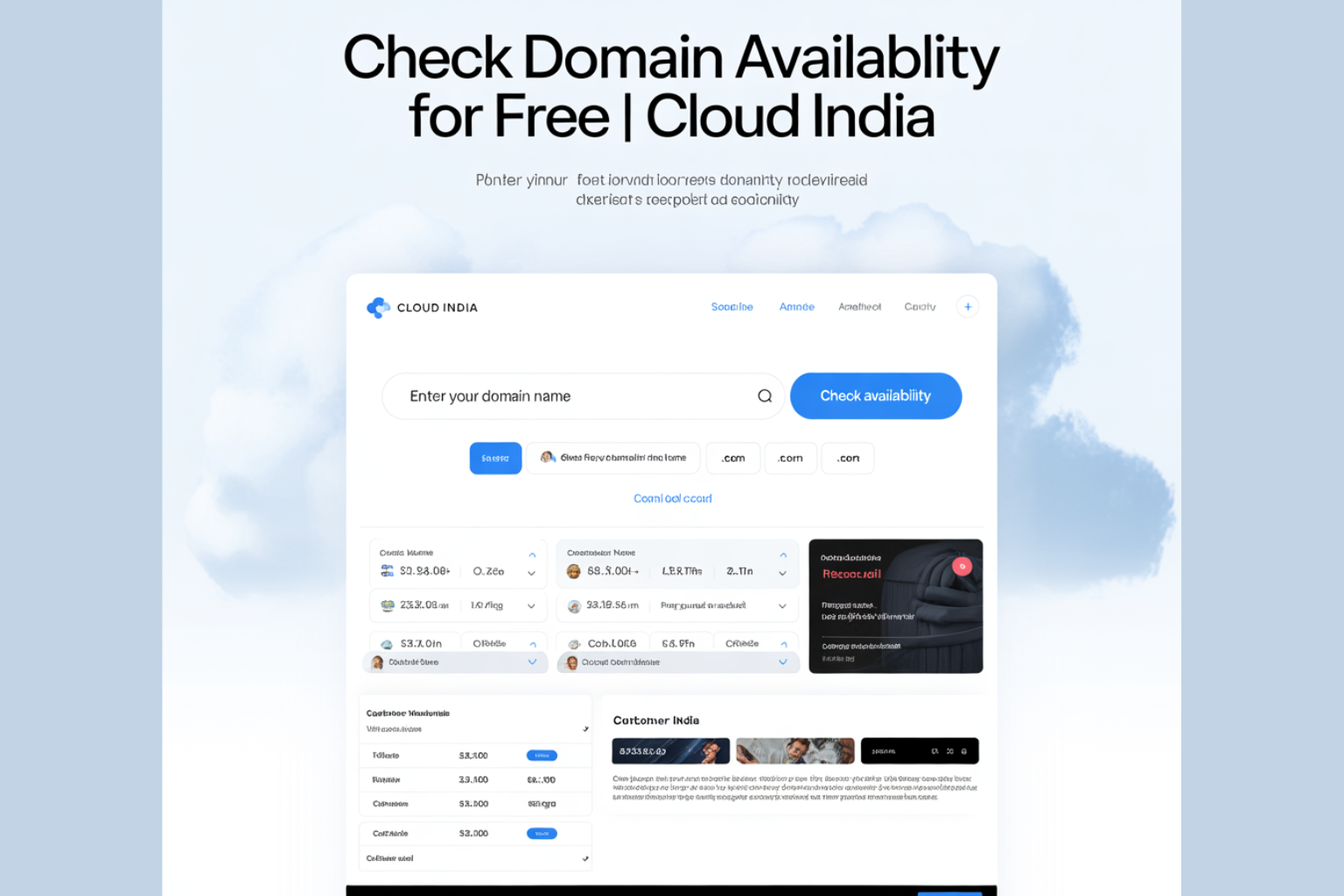
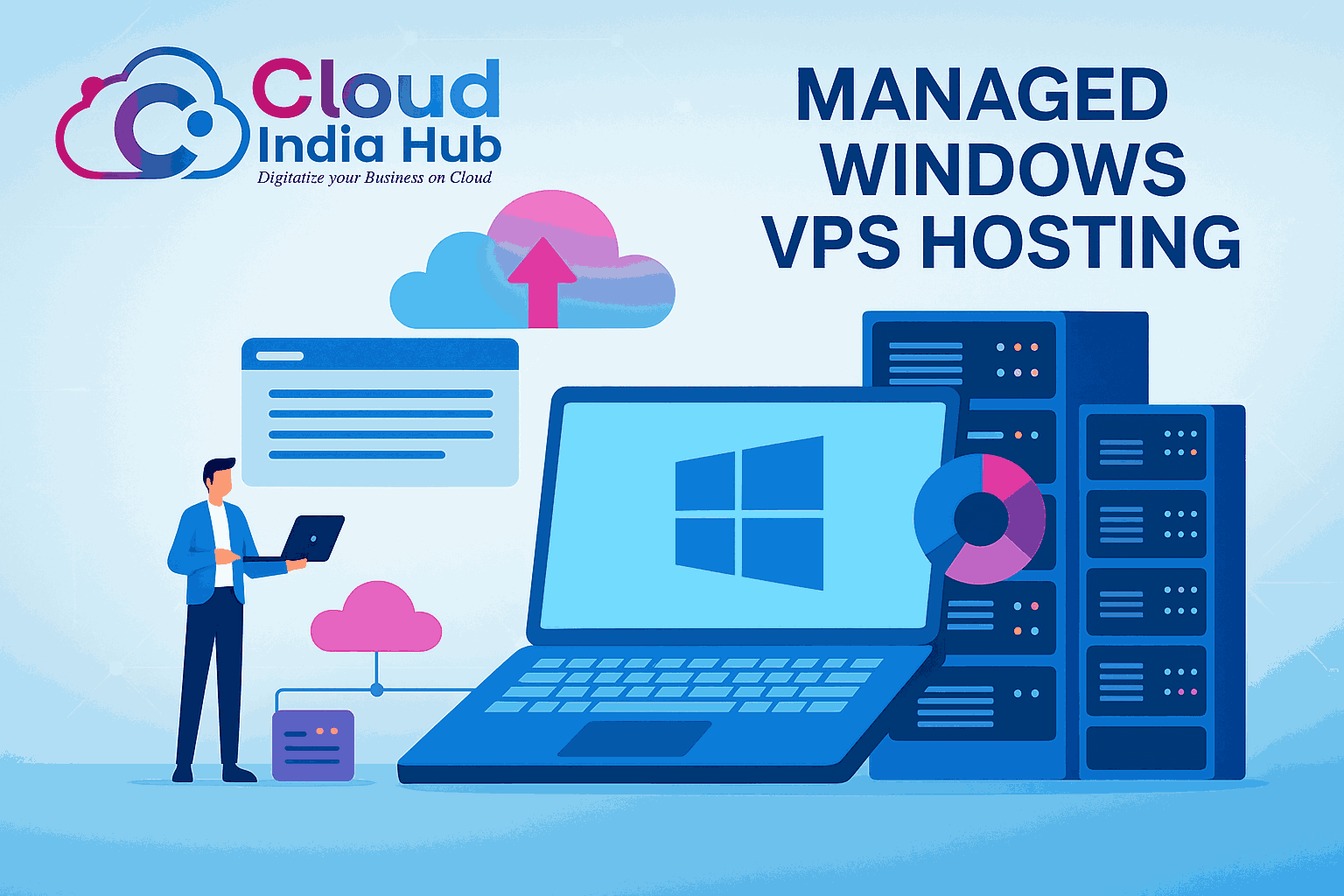


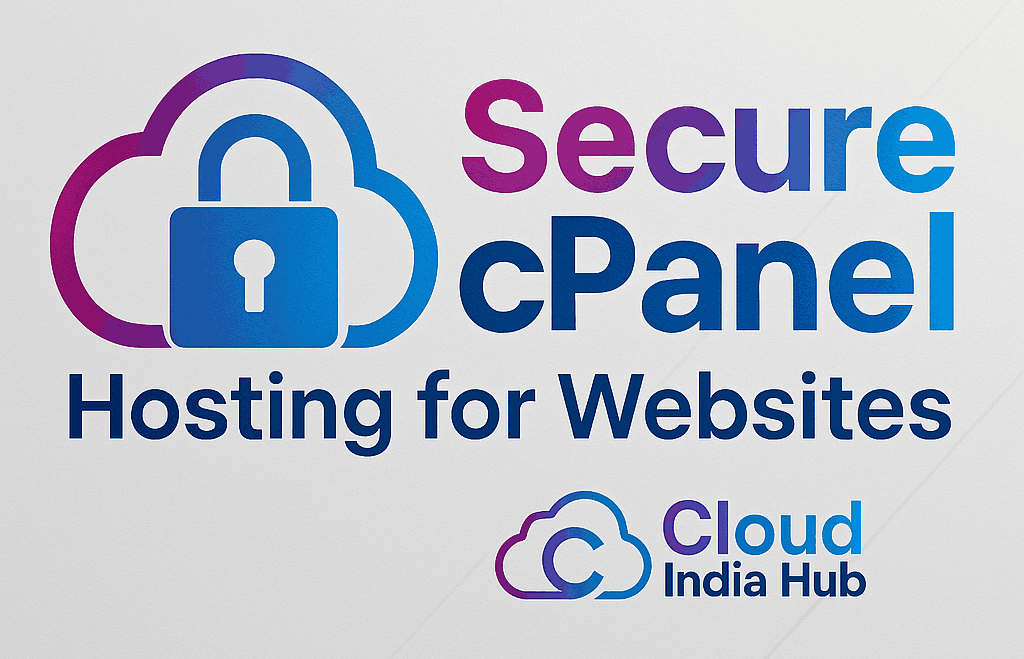






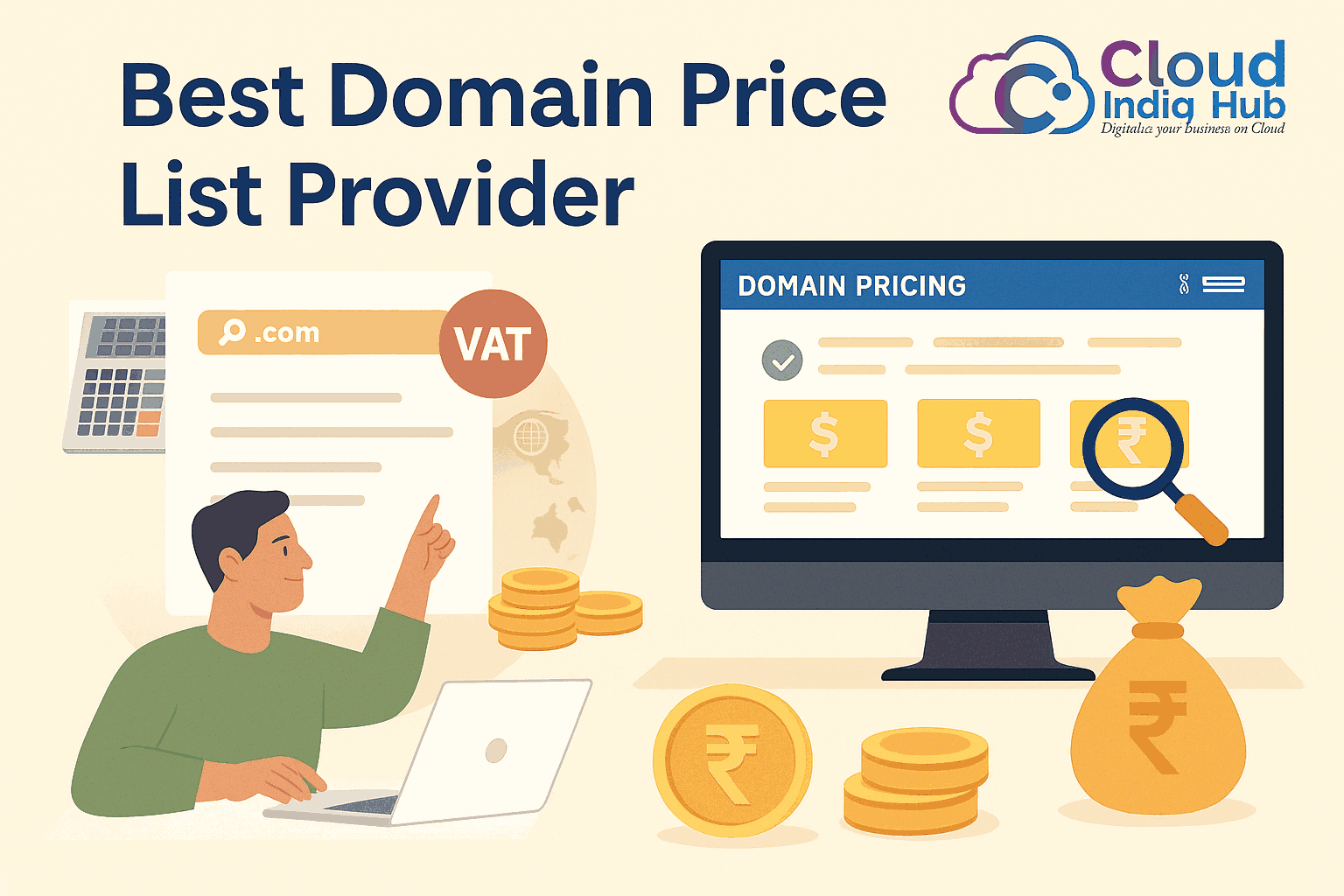





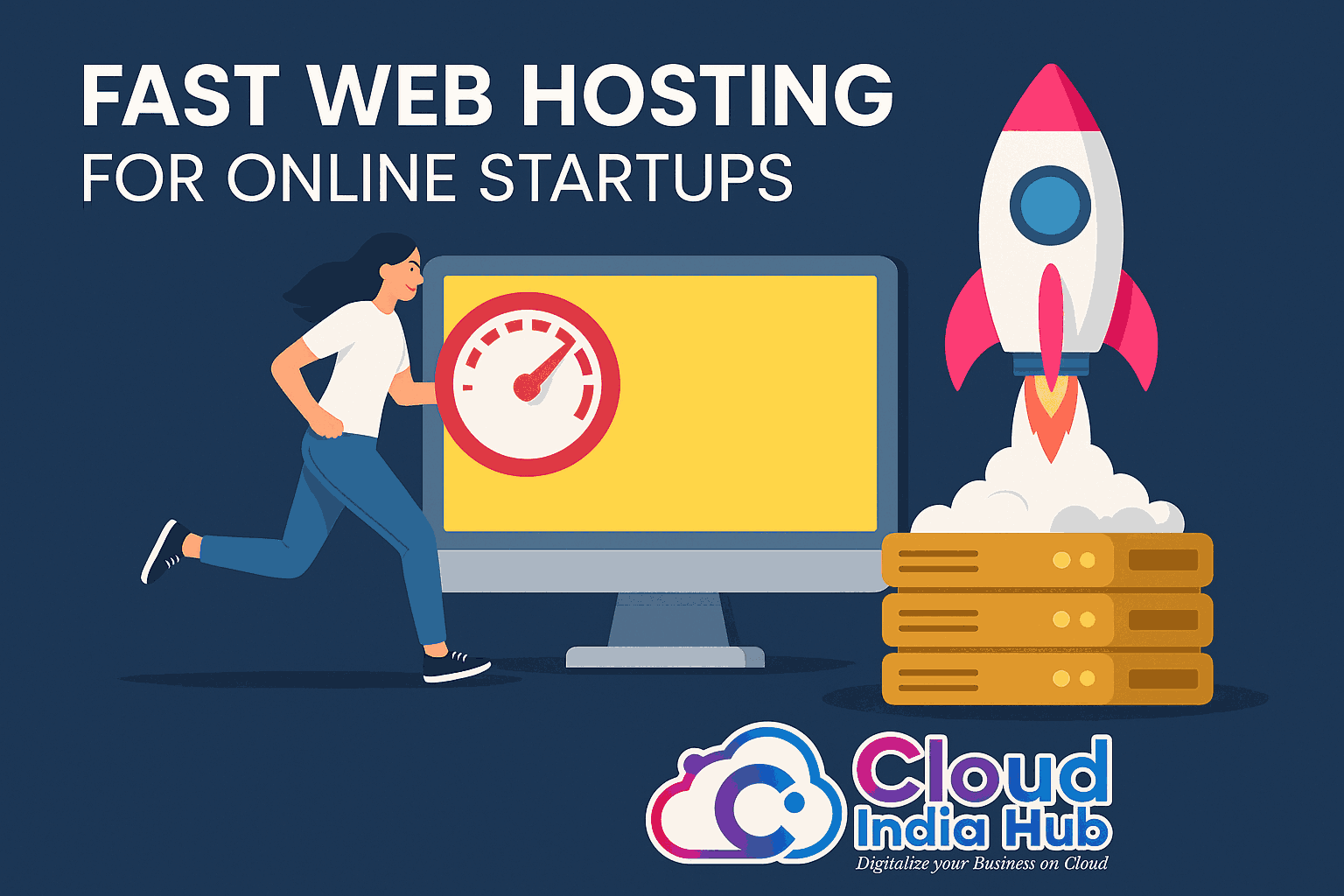

















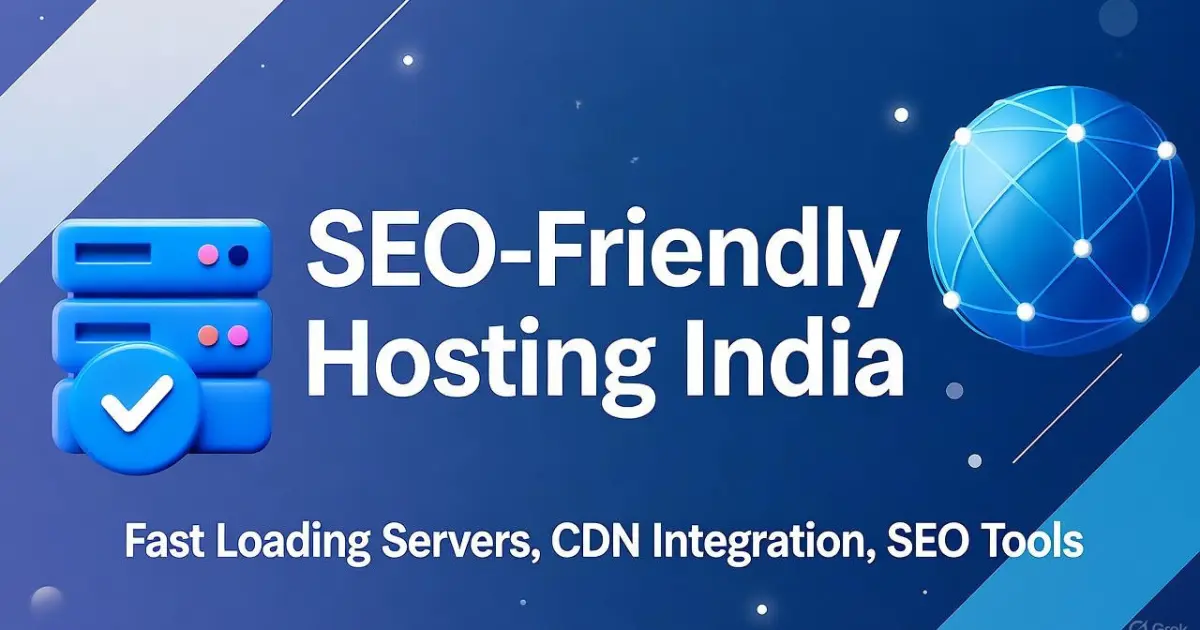

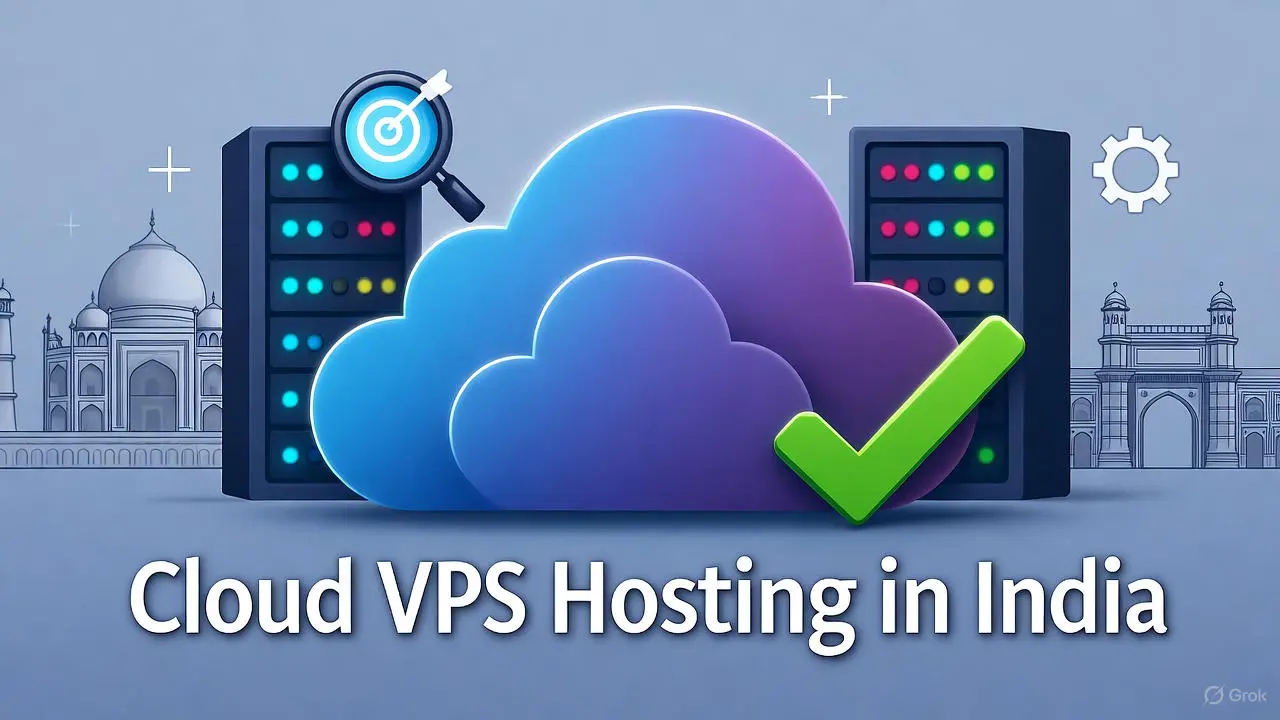
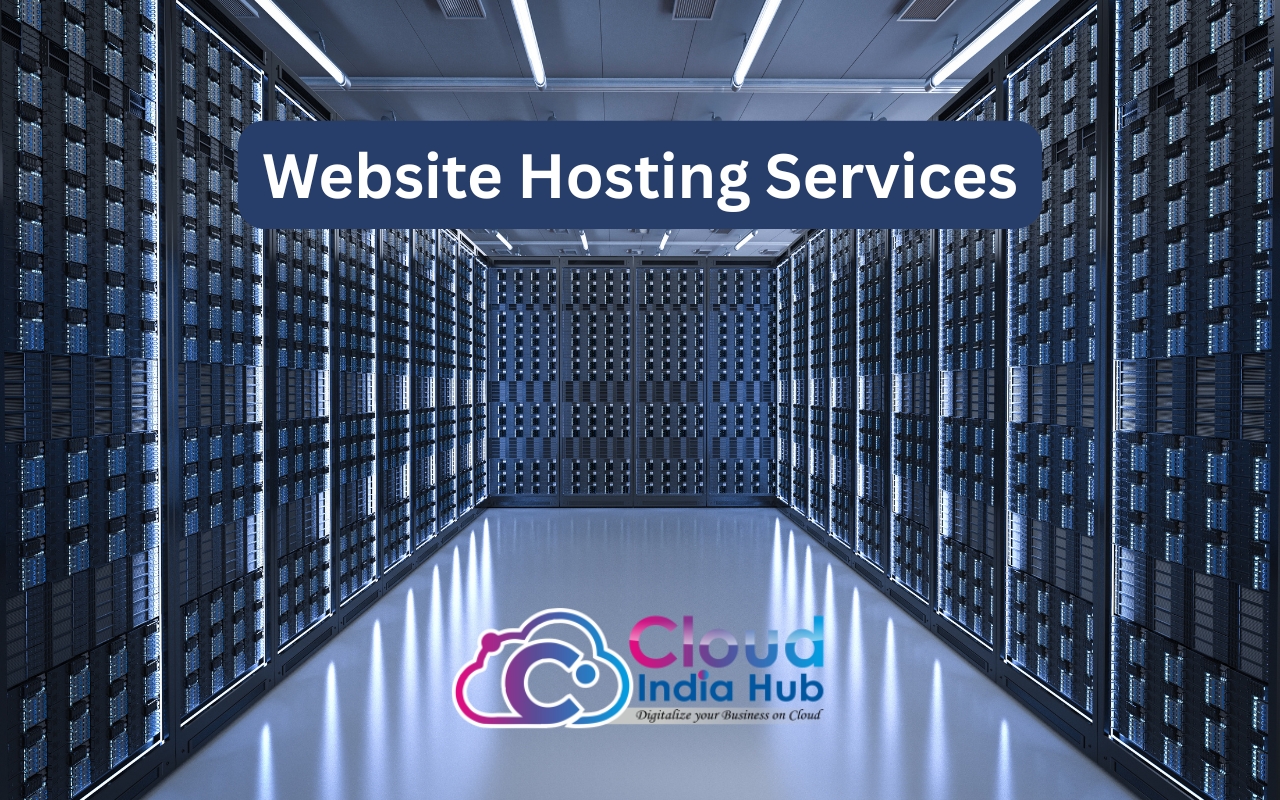
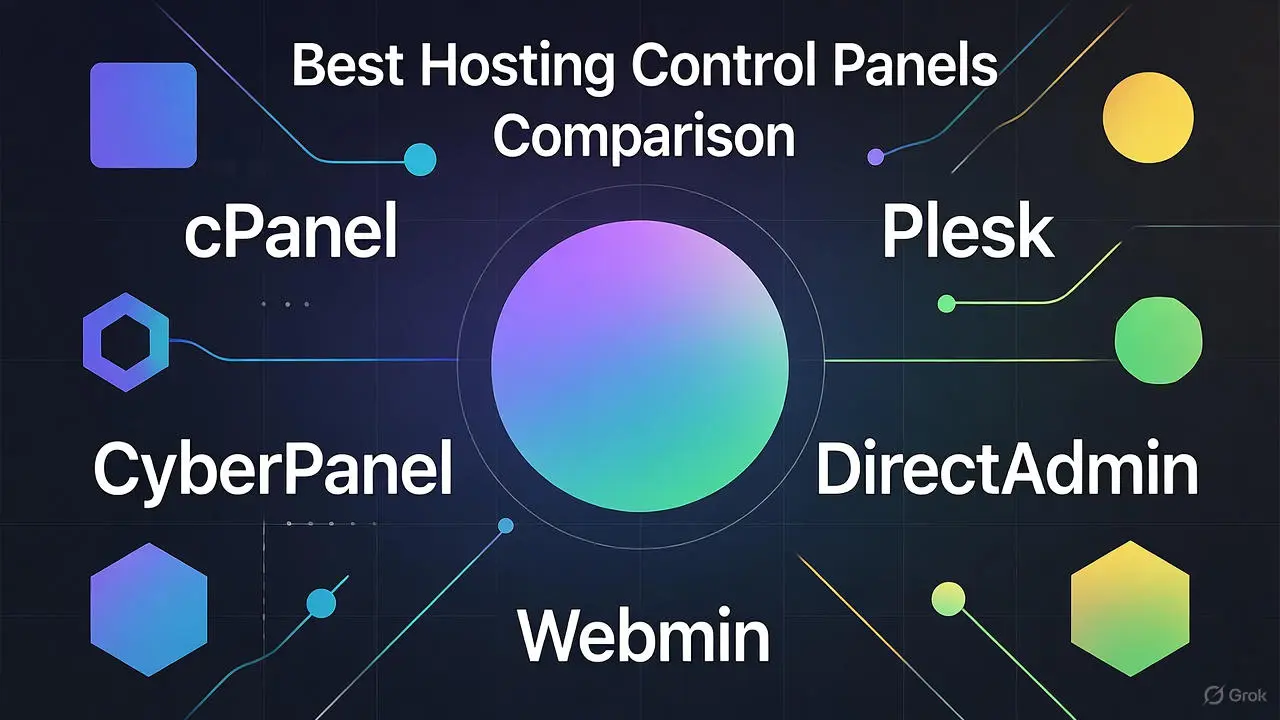





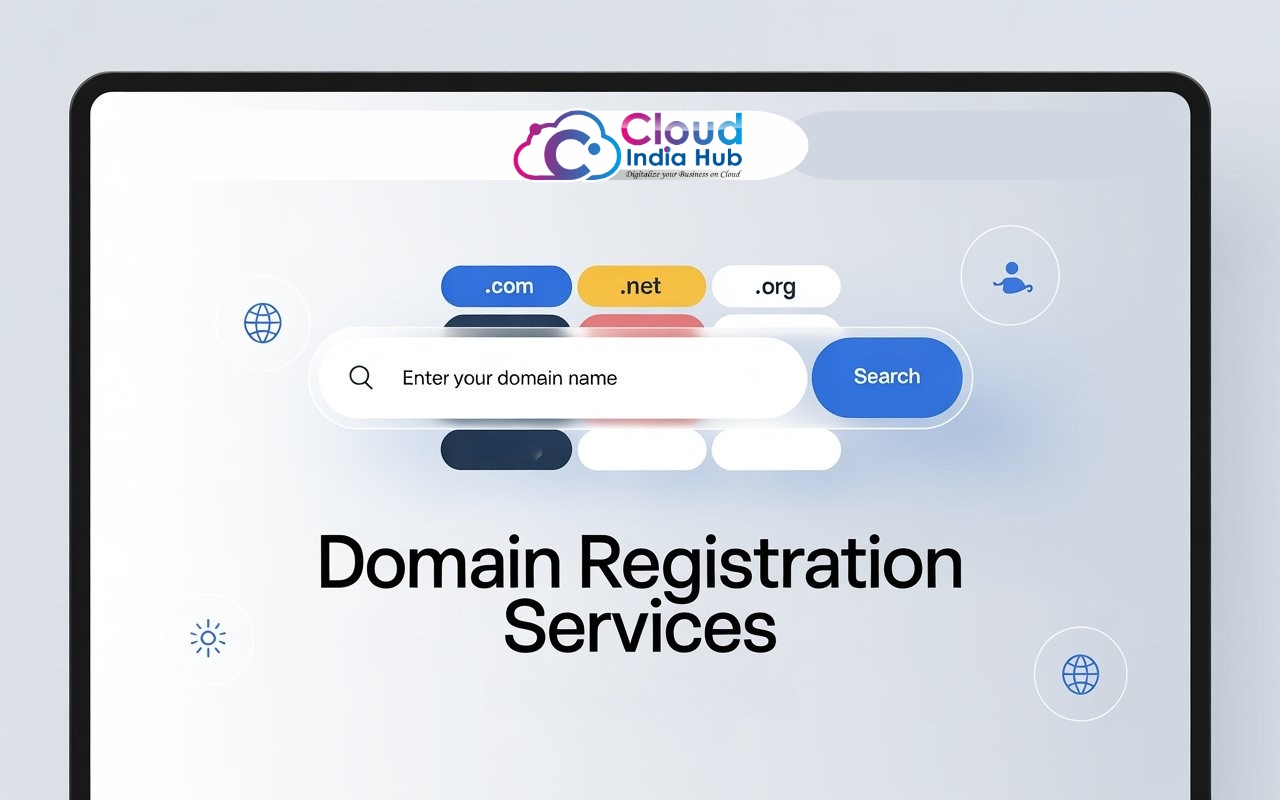
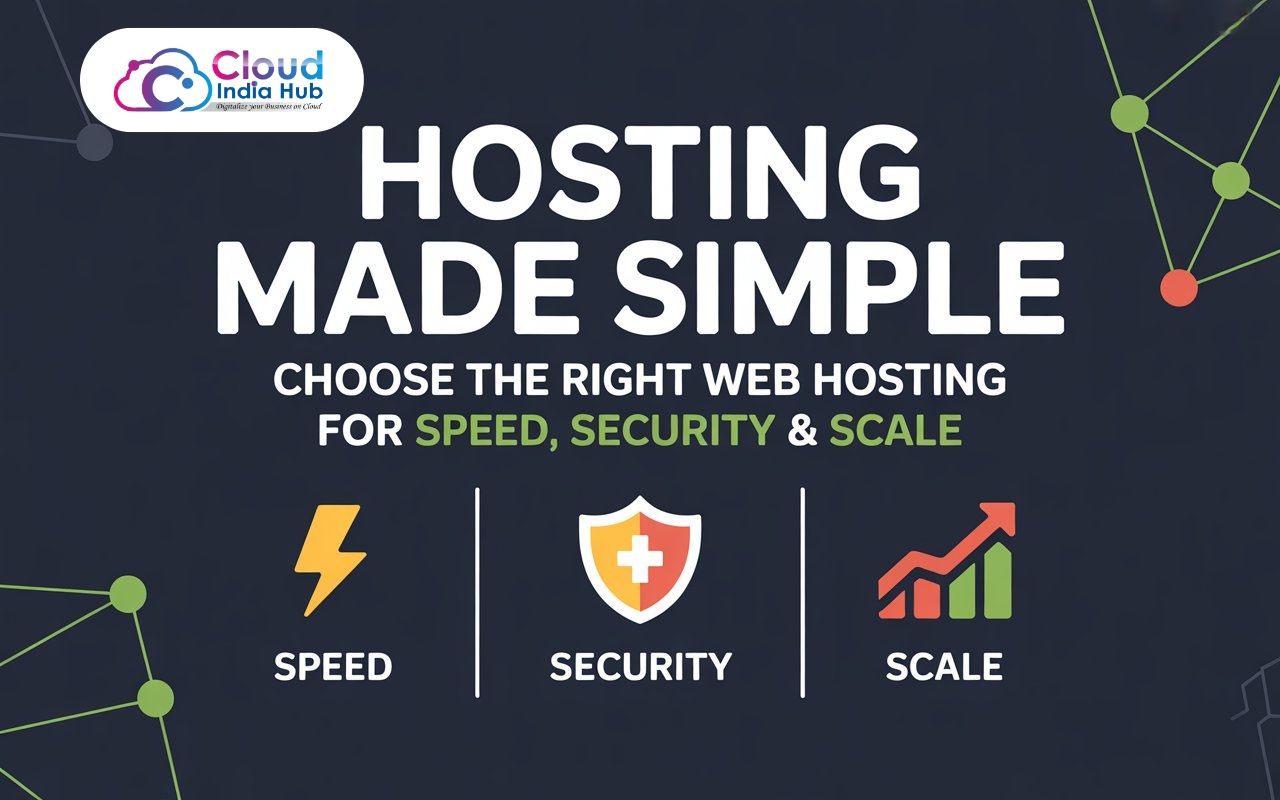






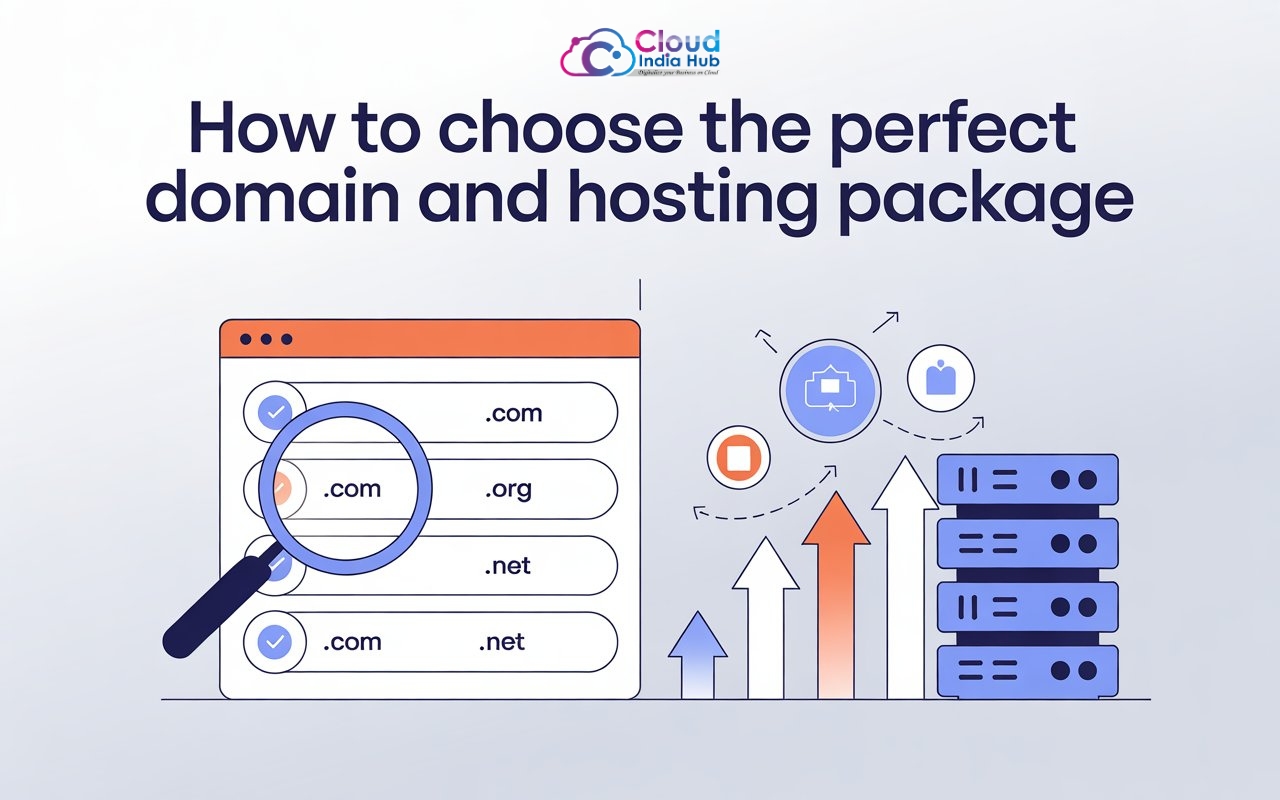




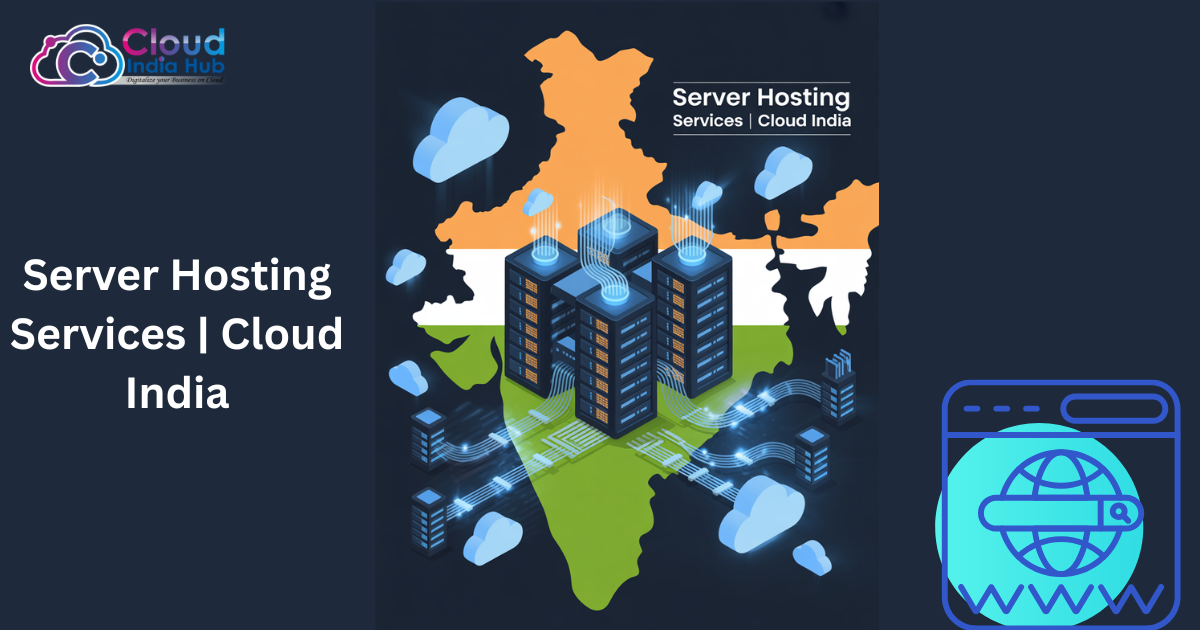




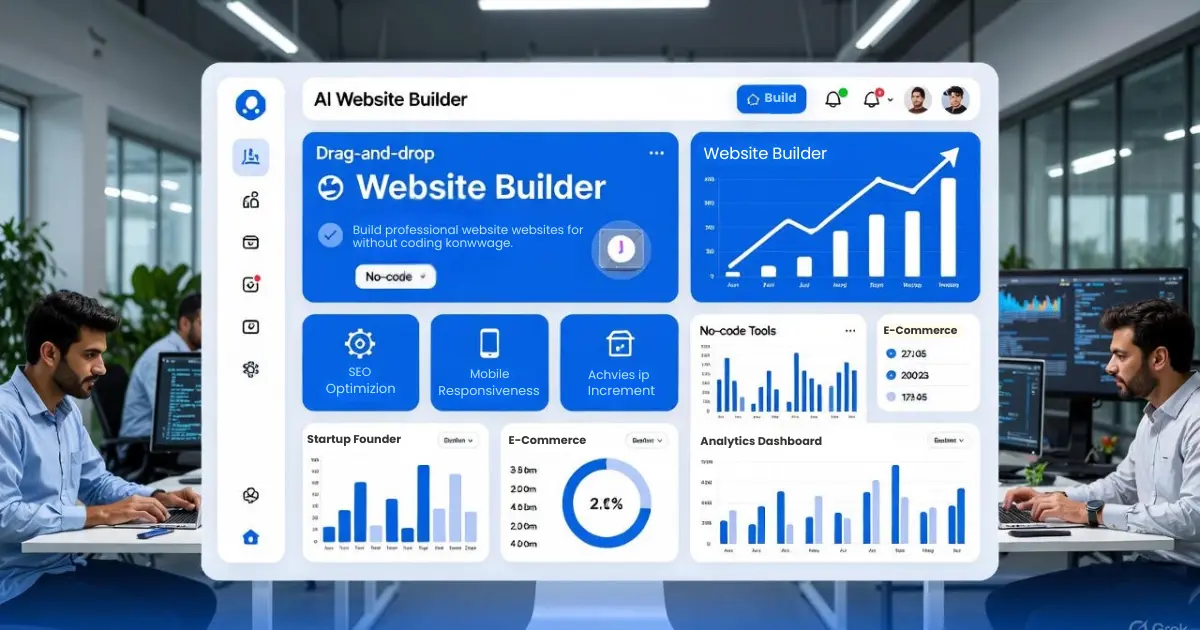
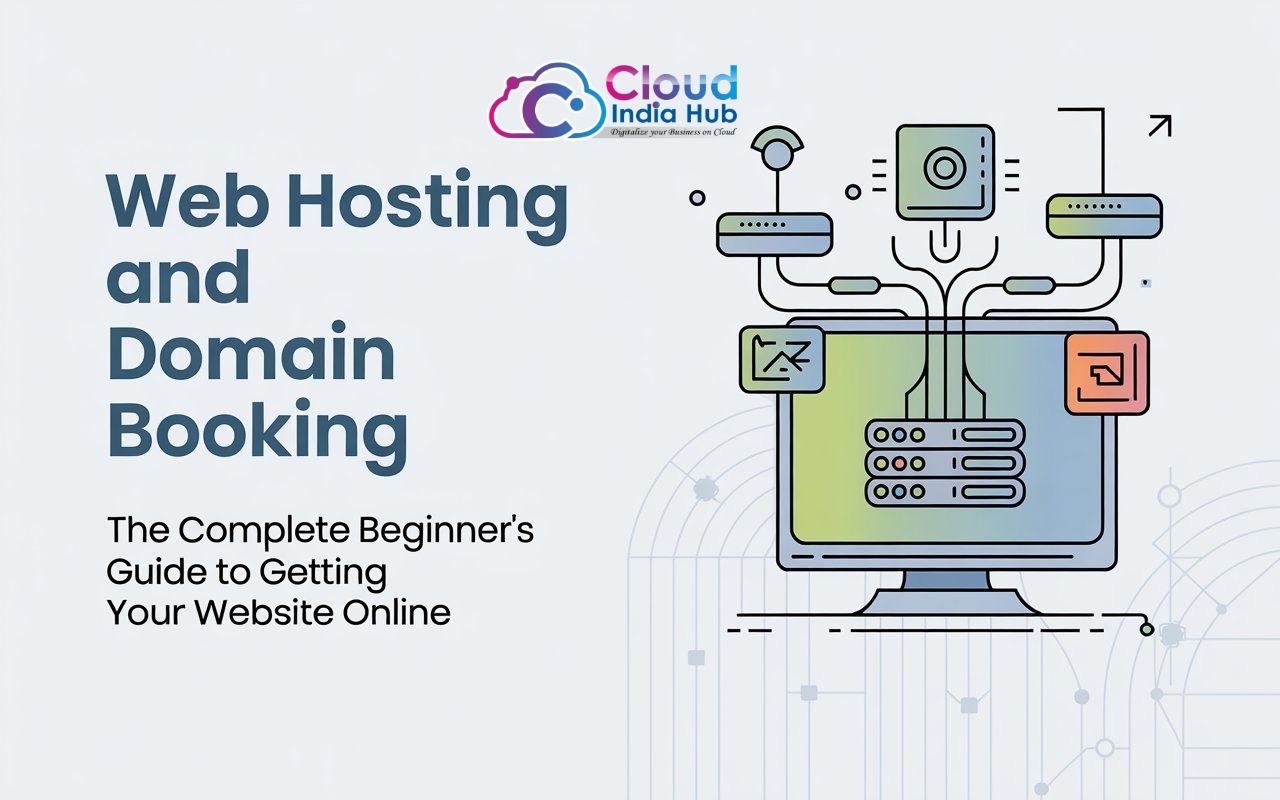











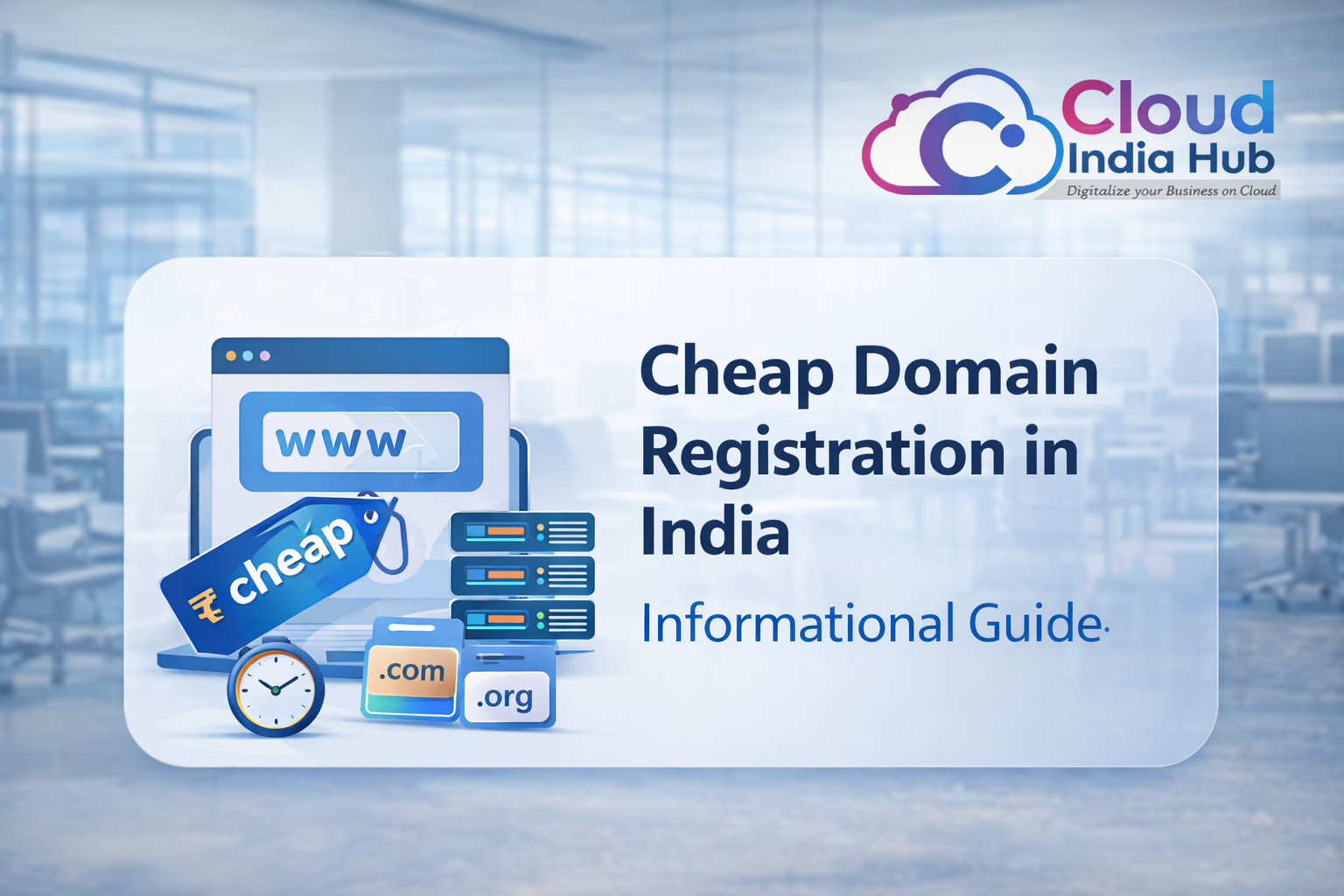

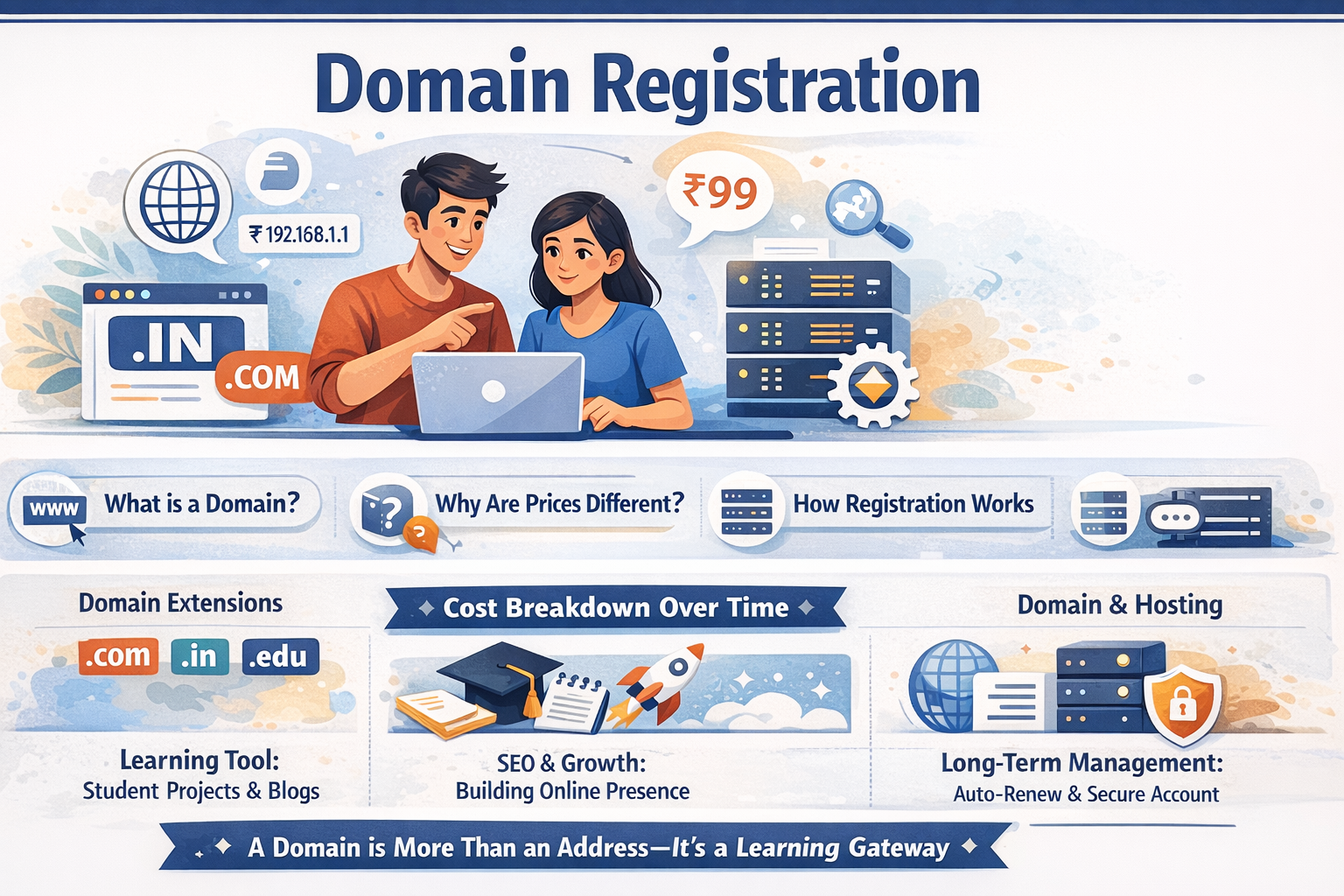
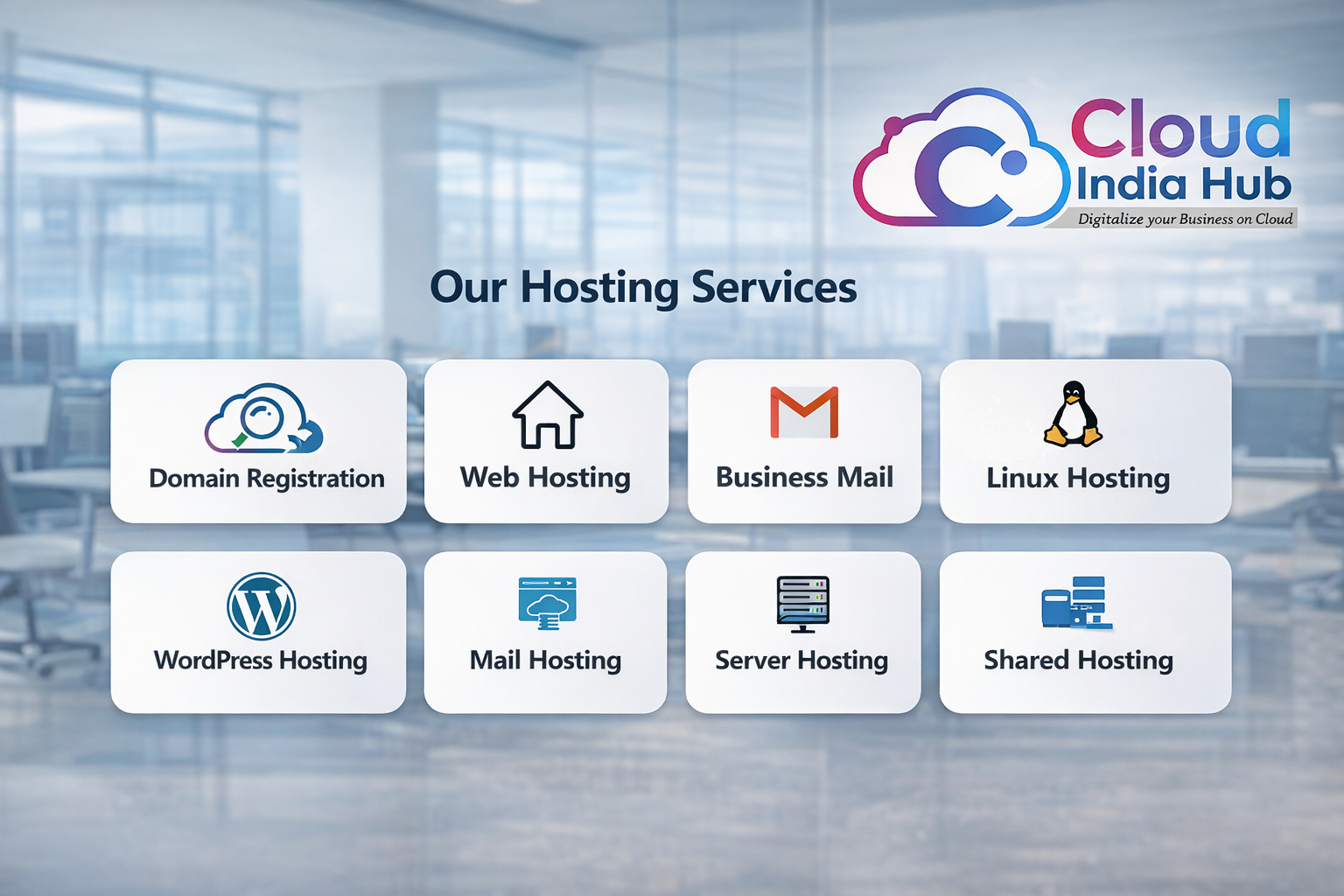









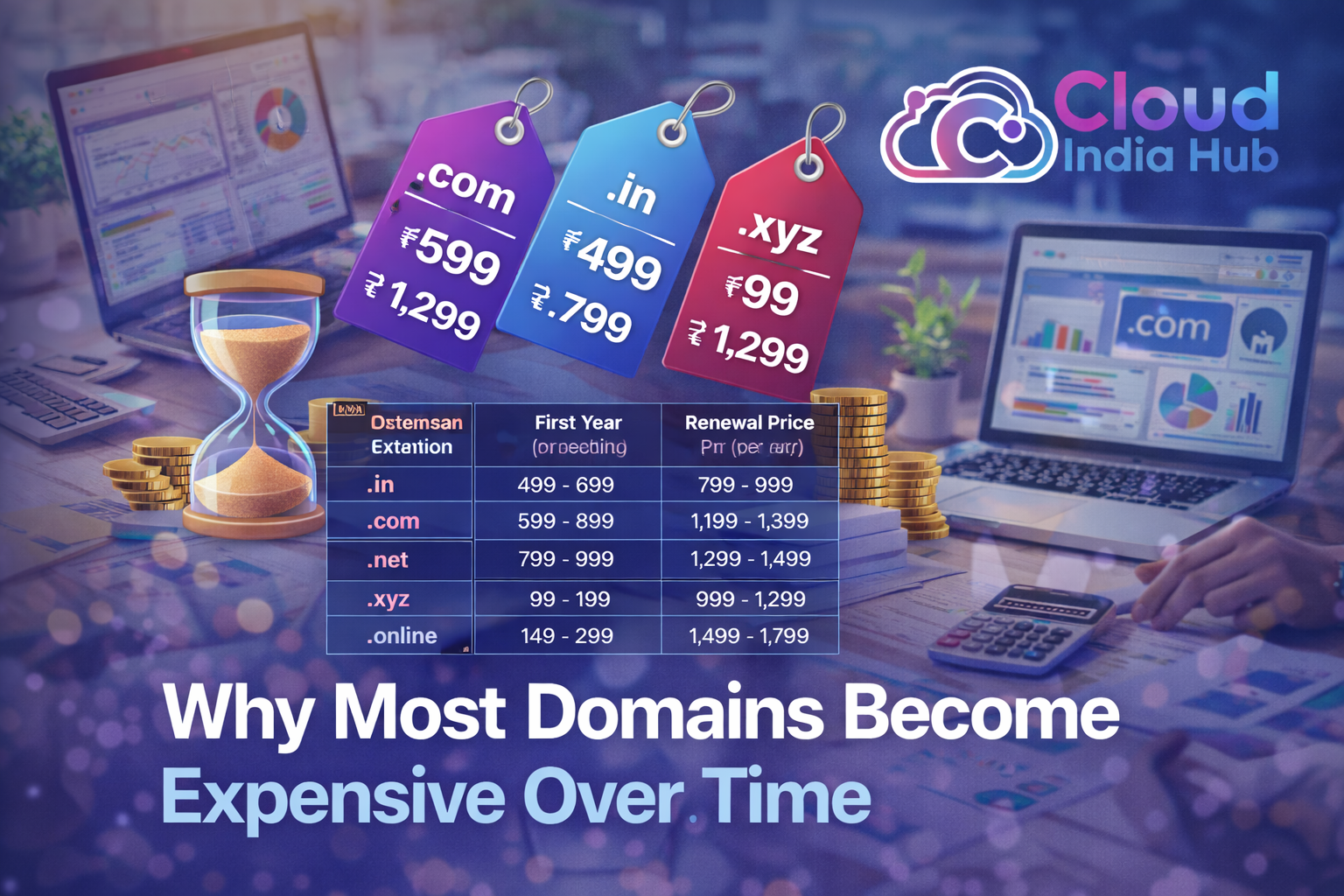


Good article 👍